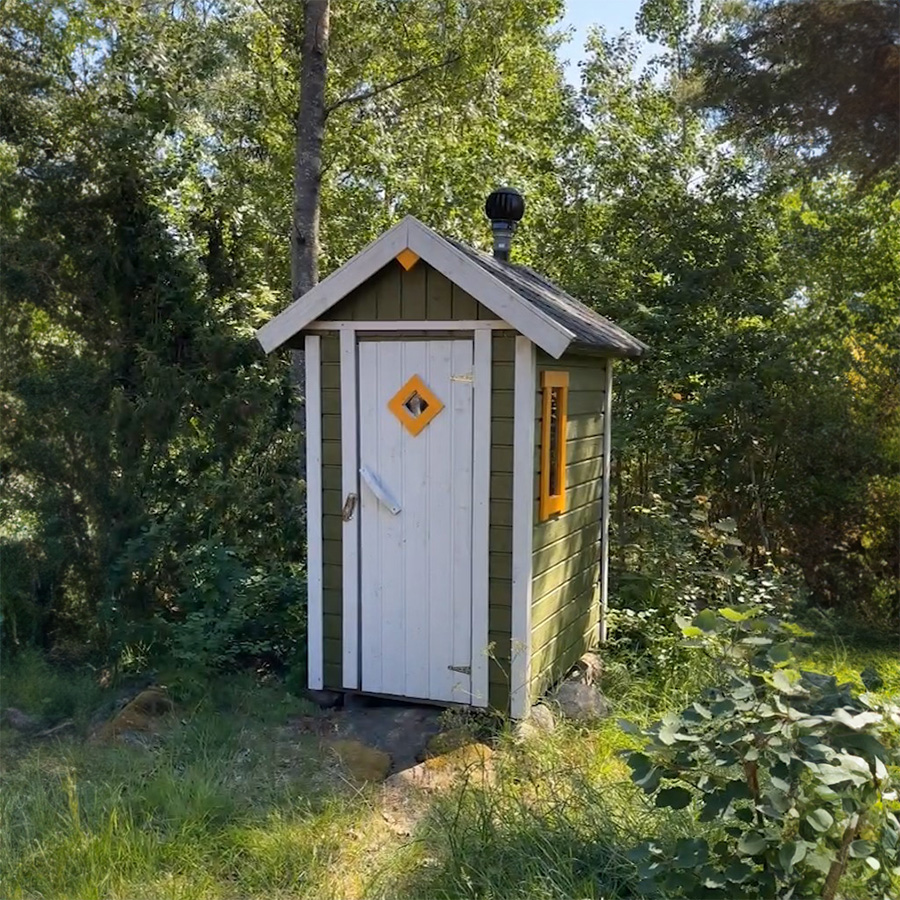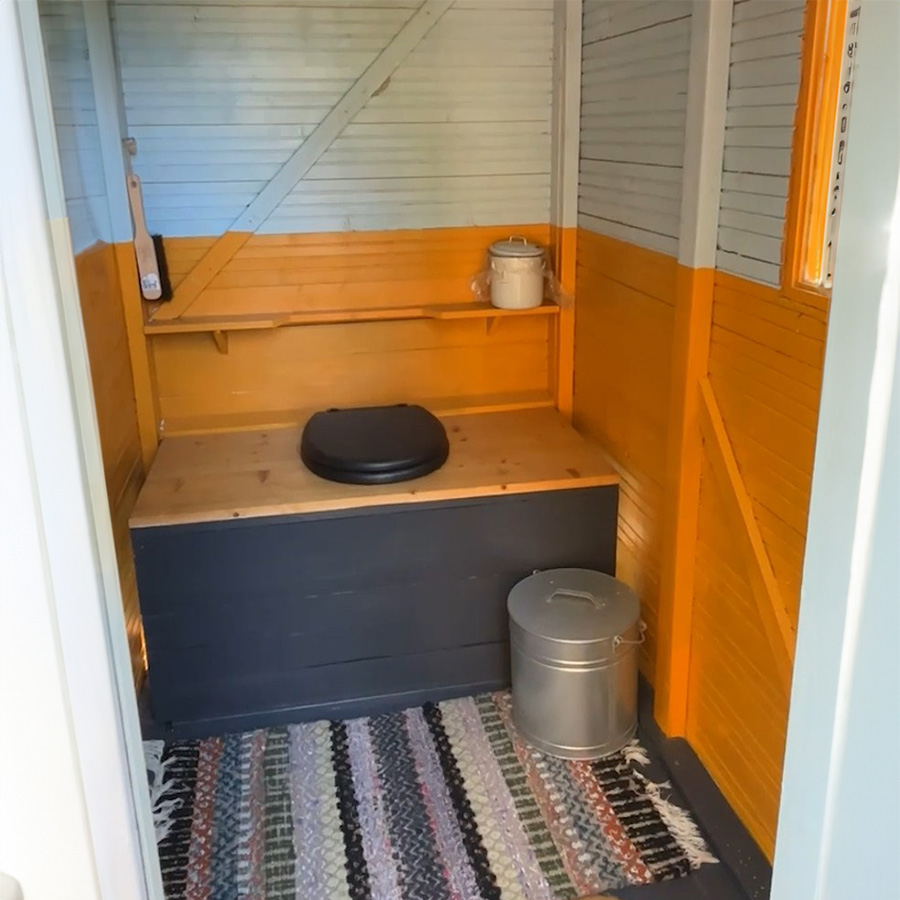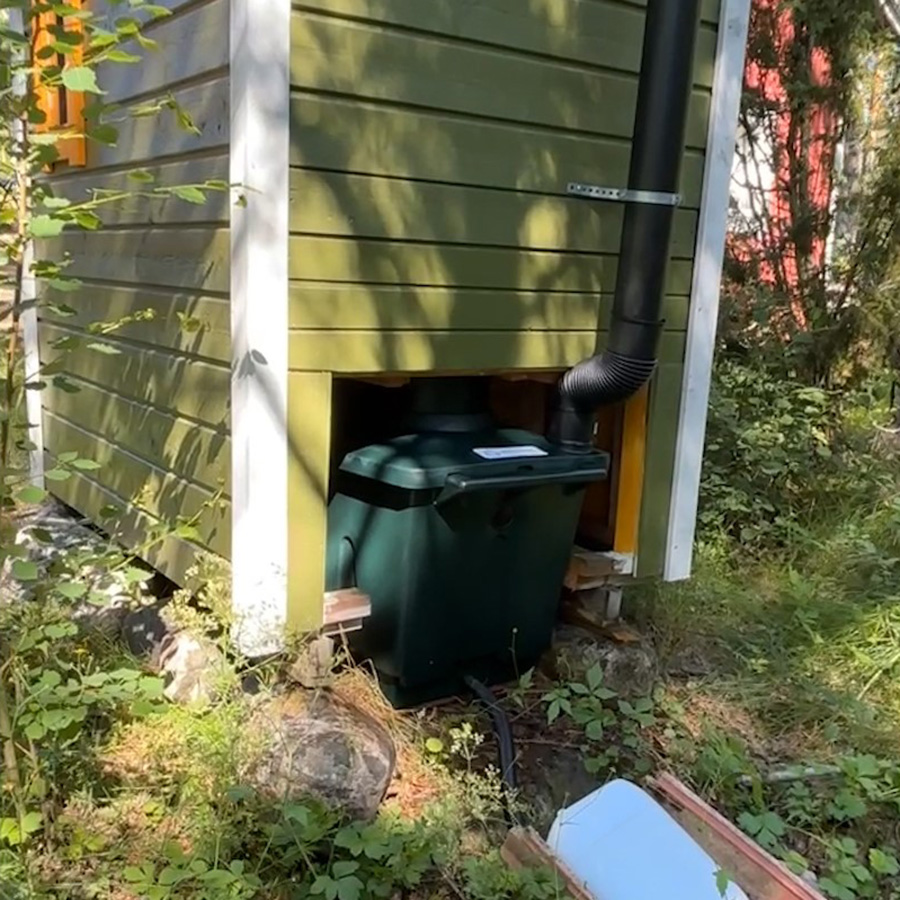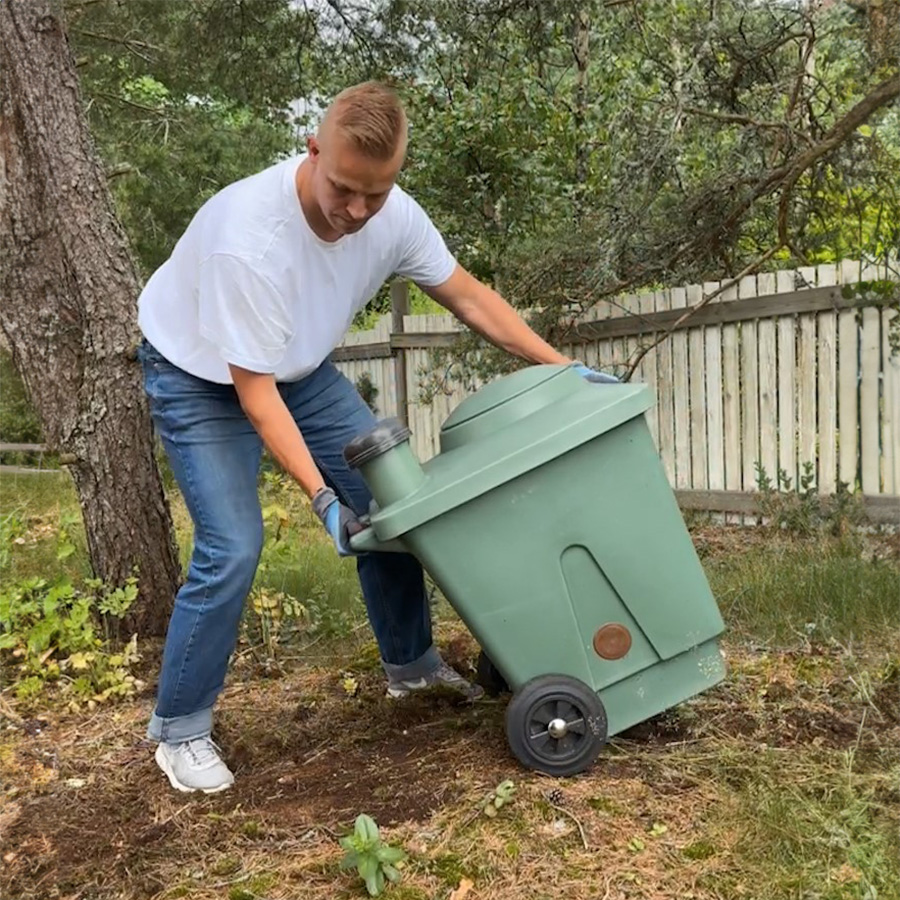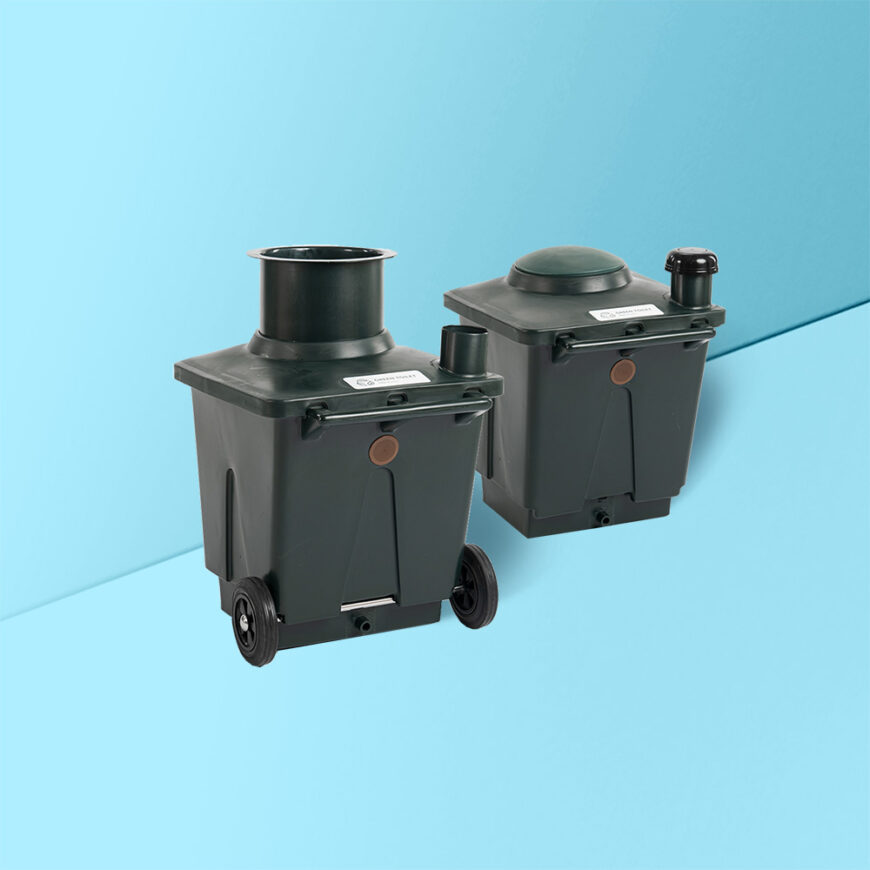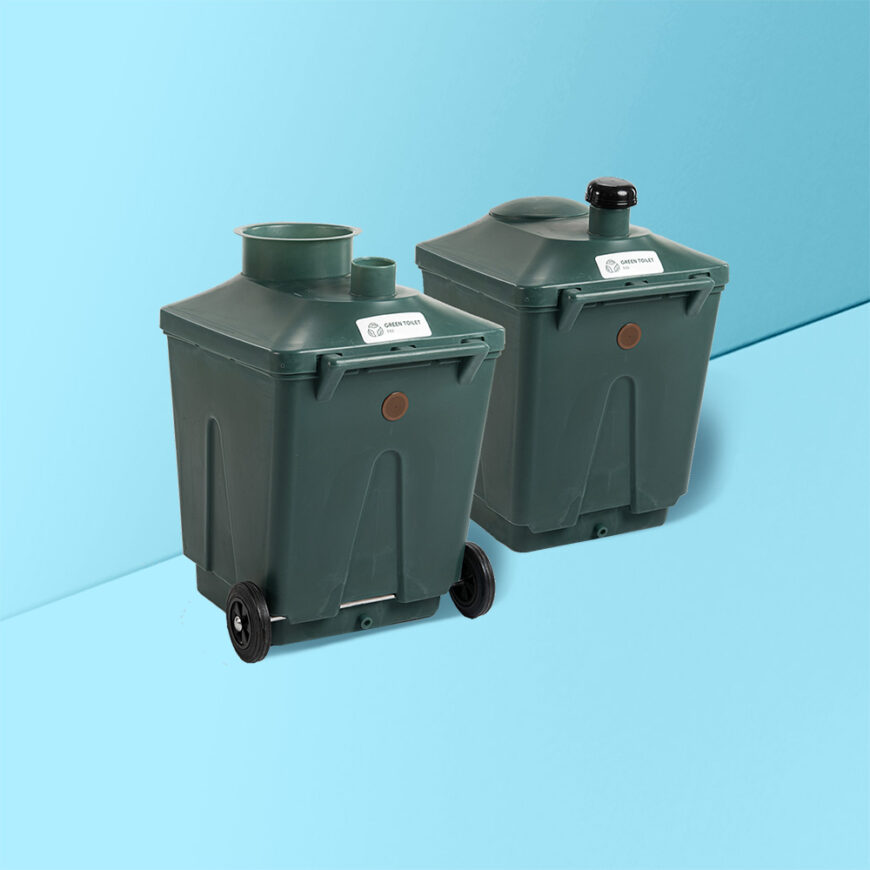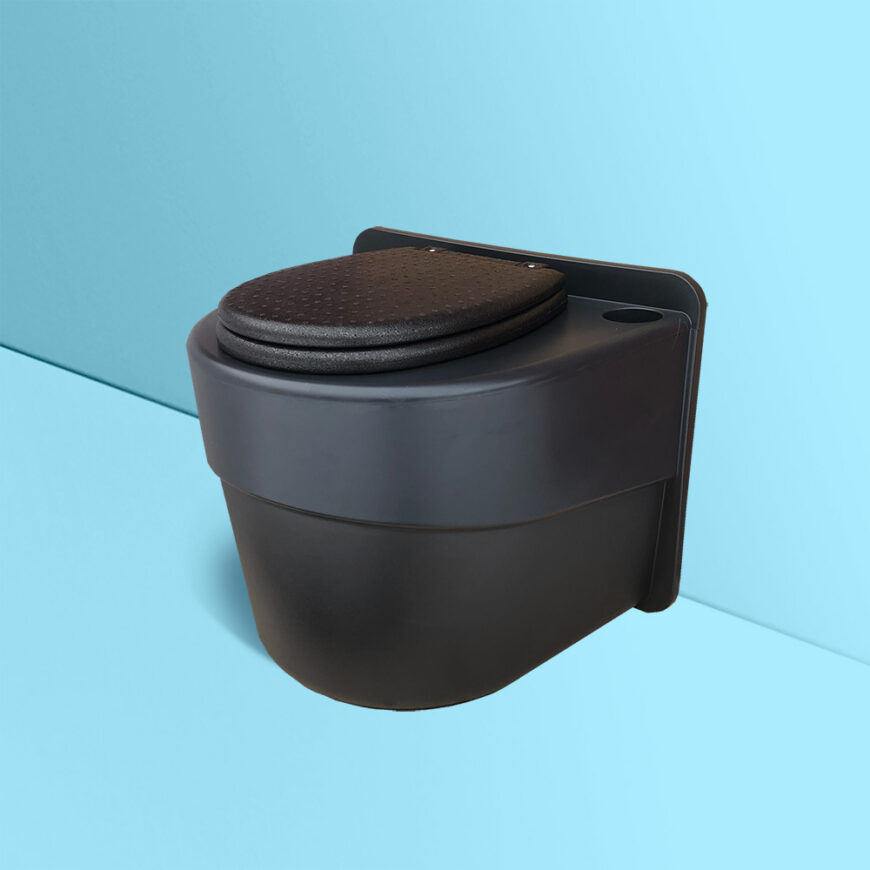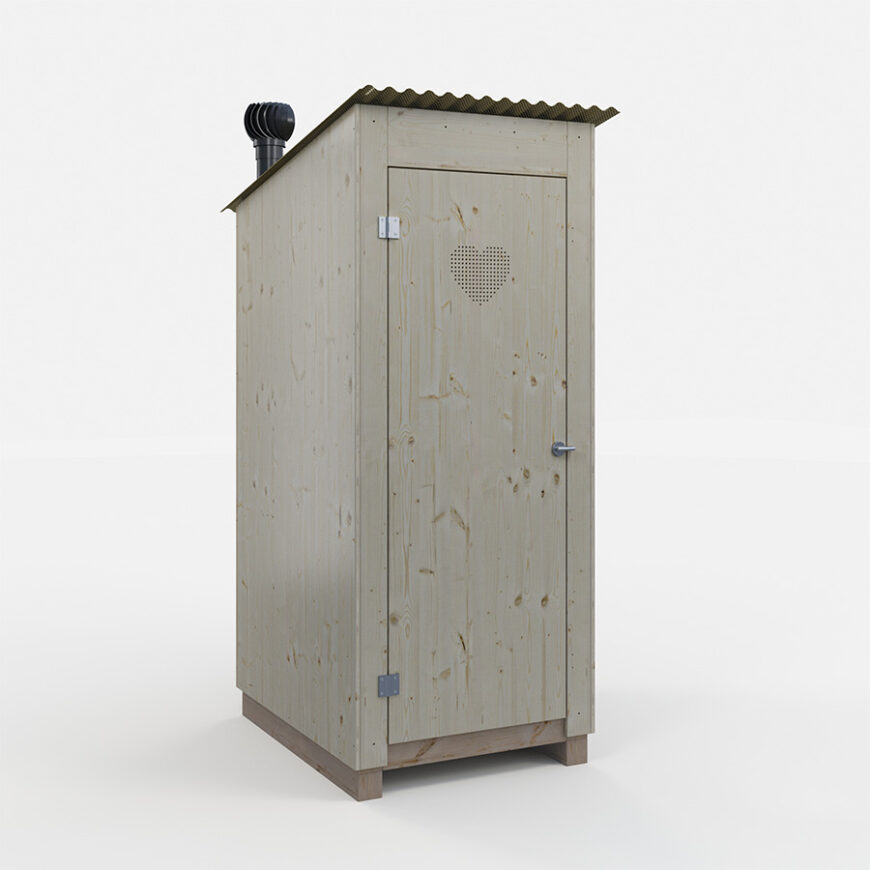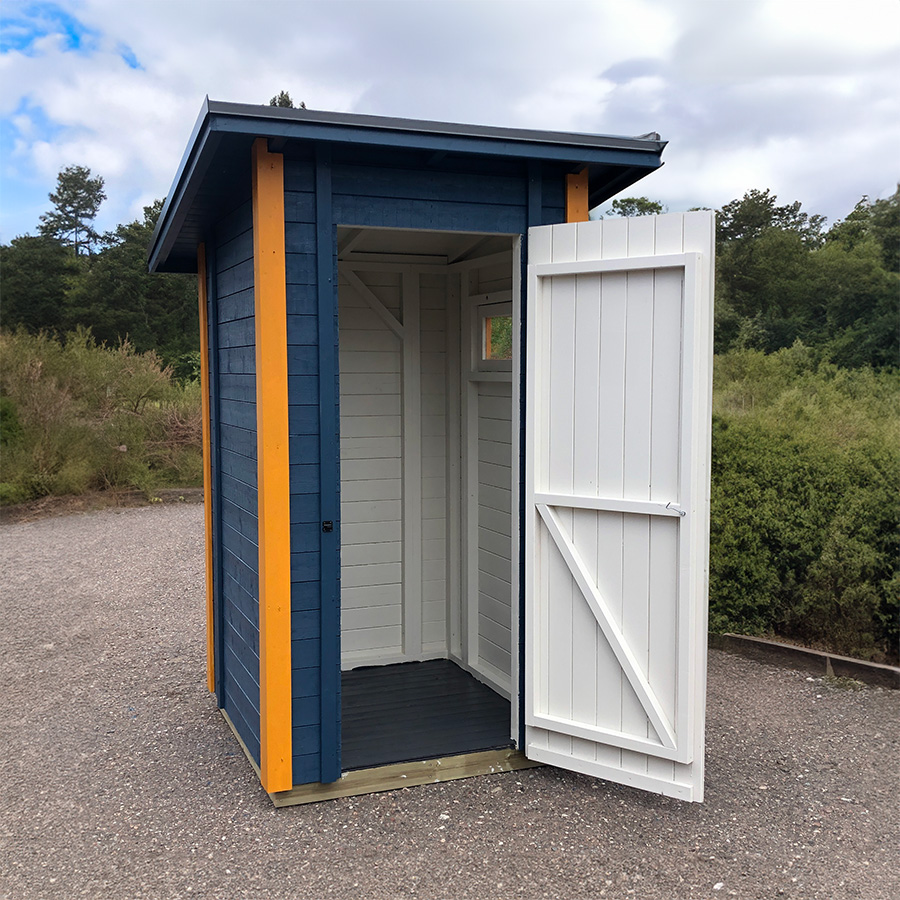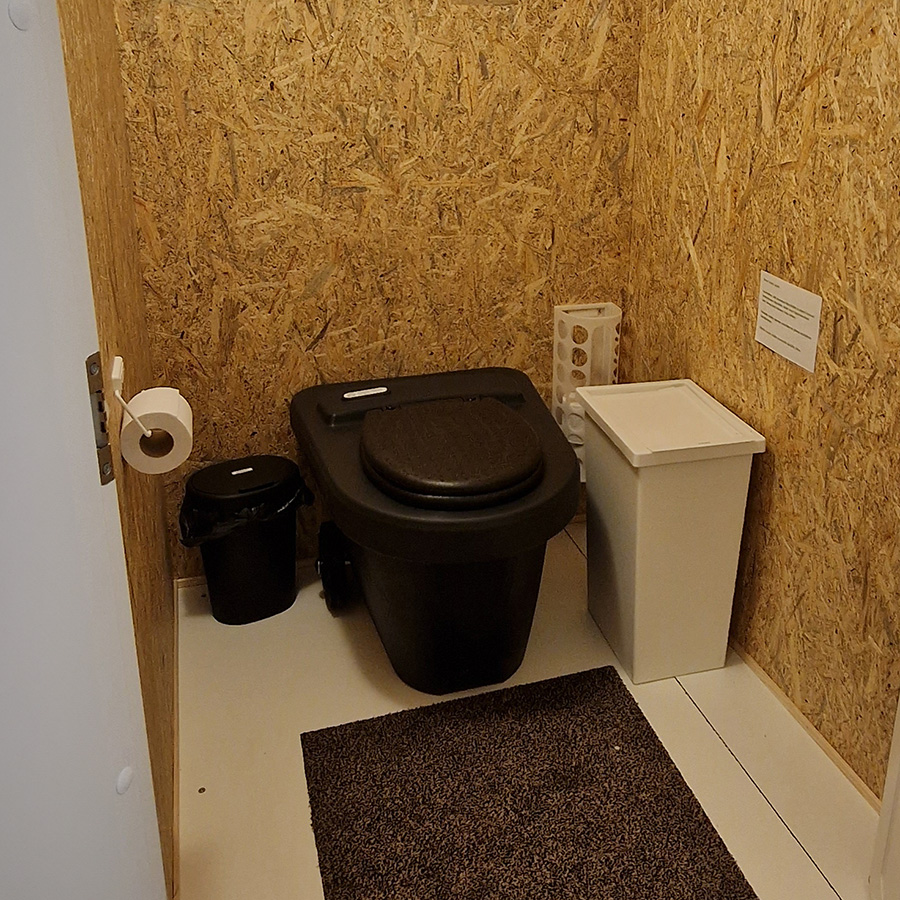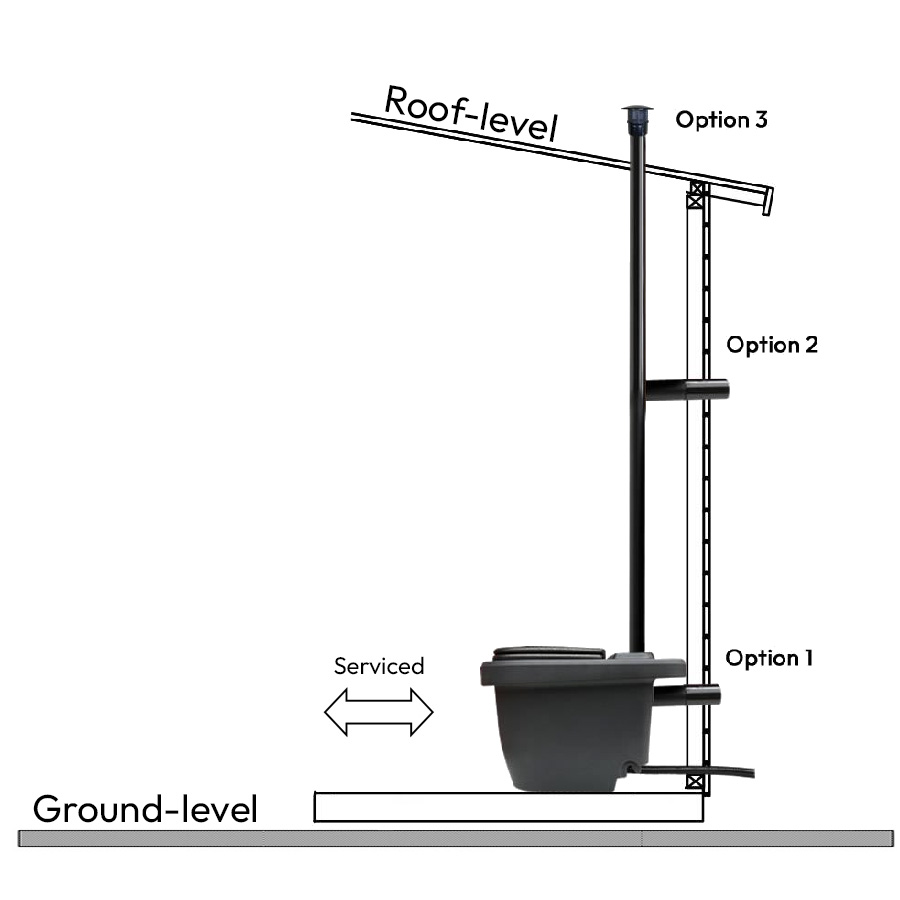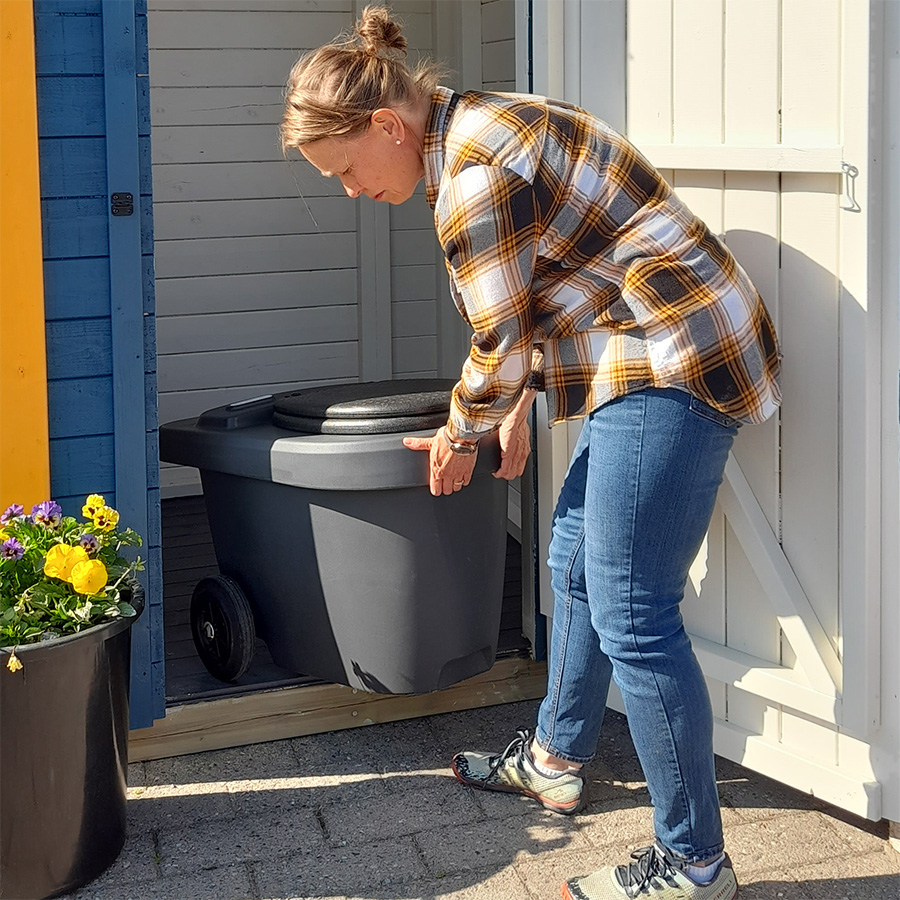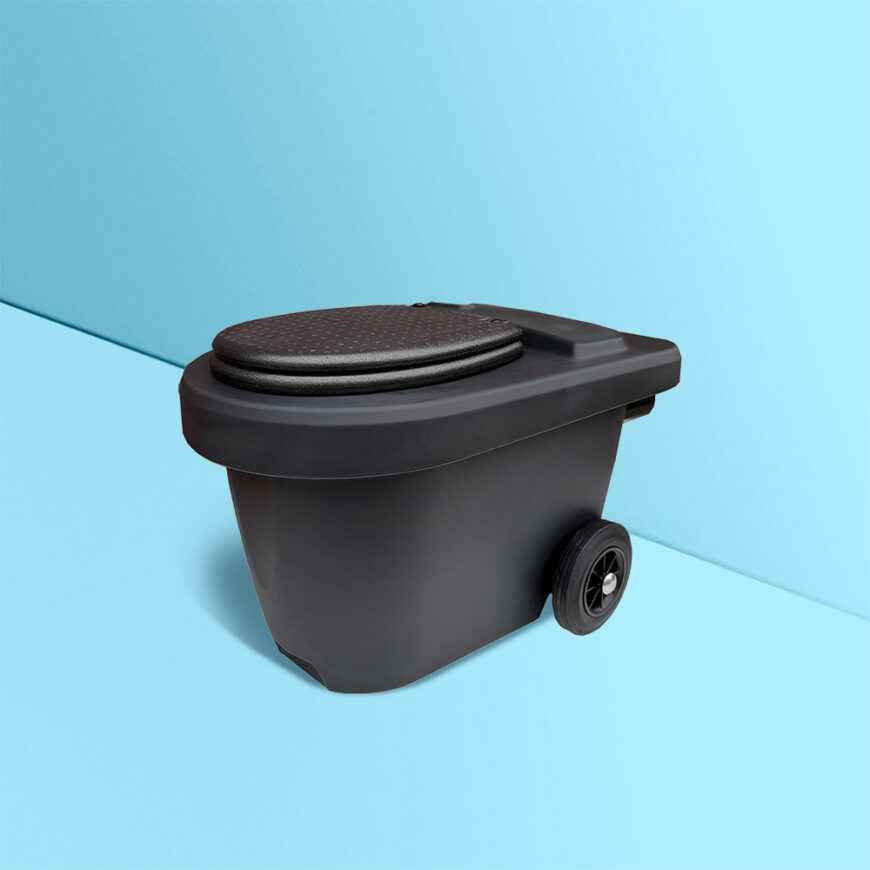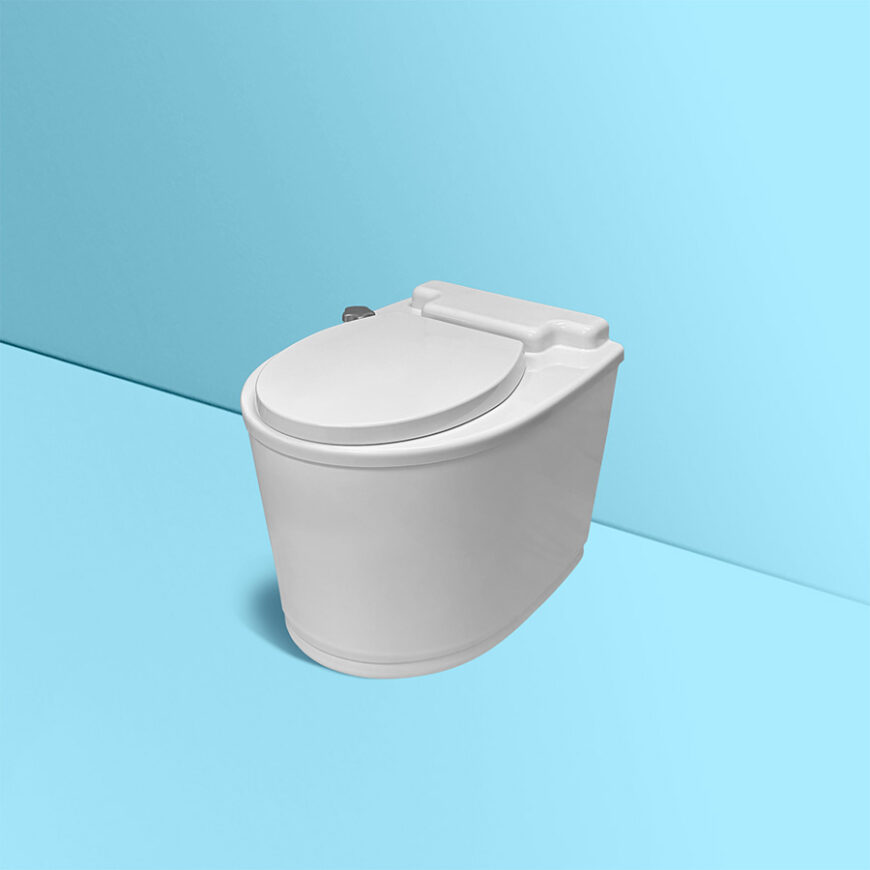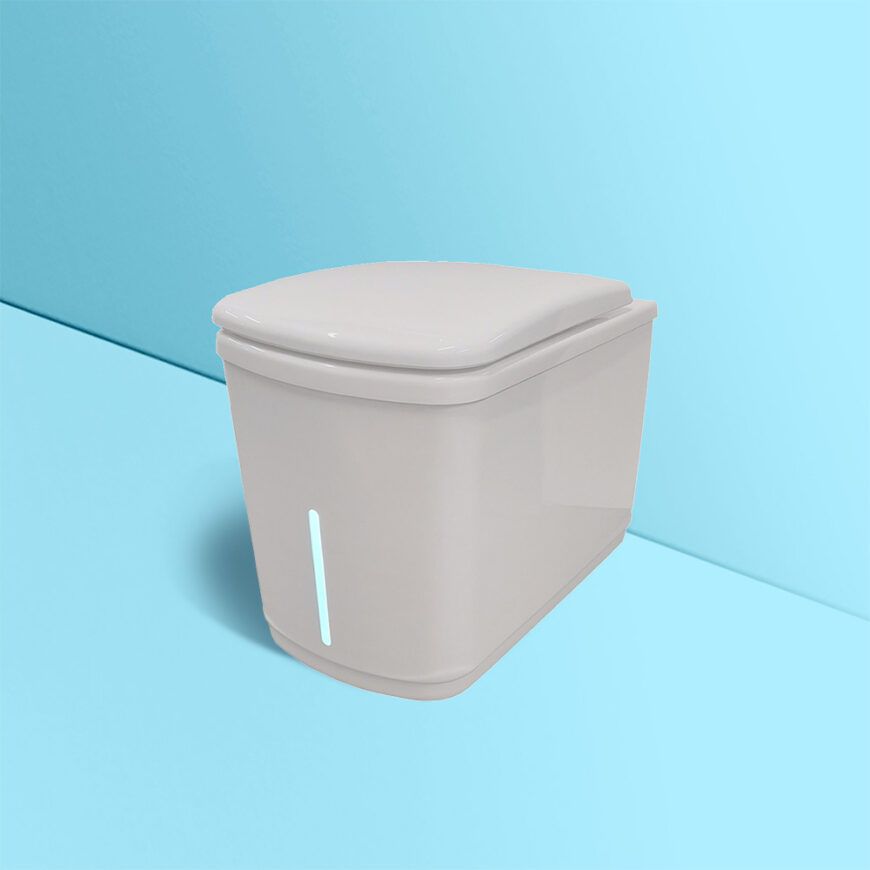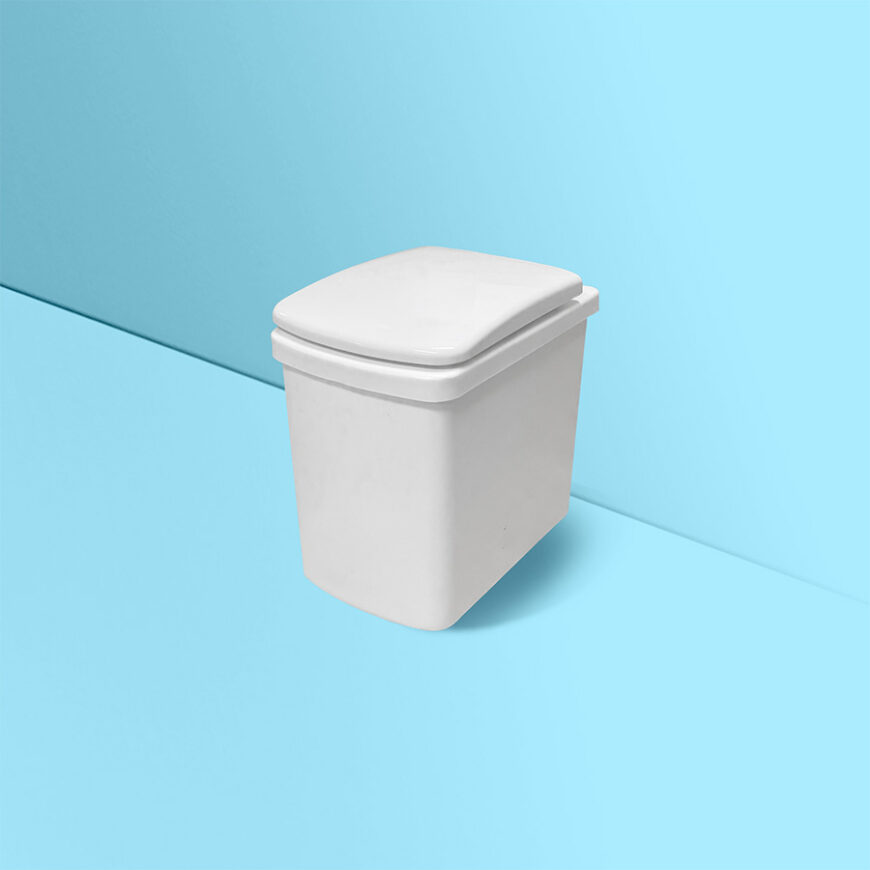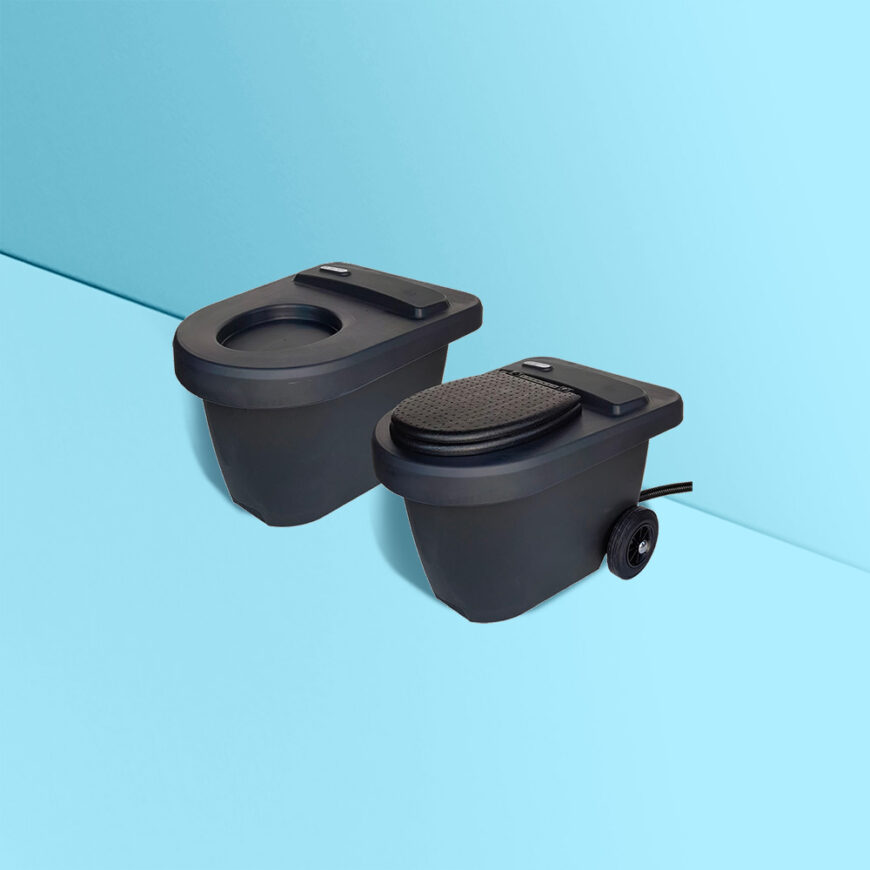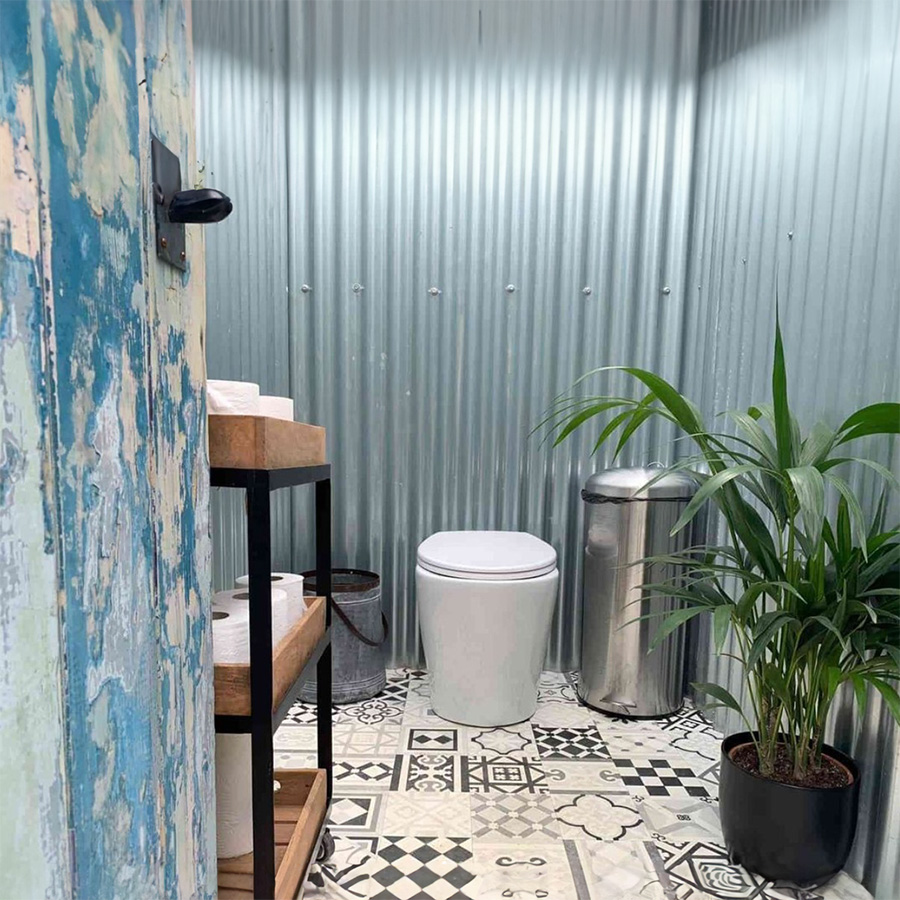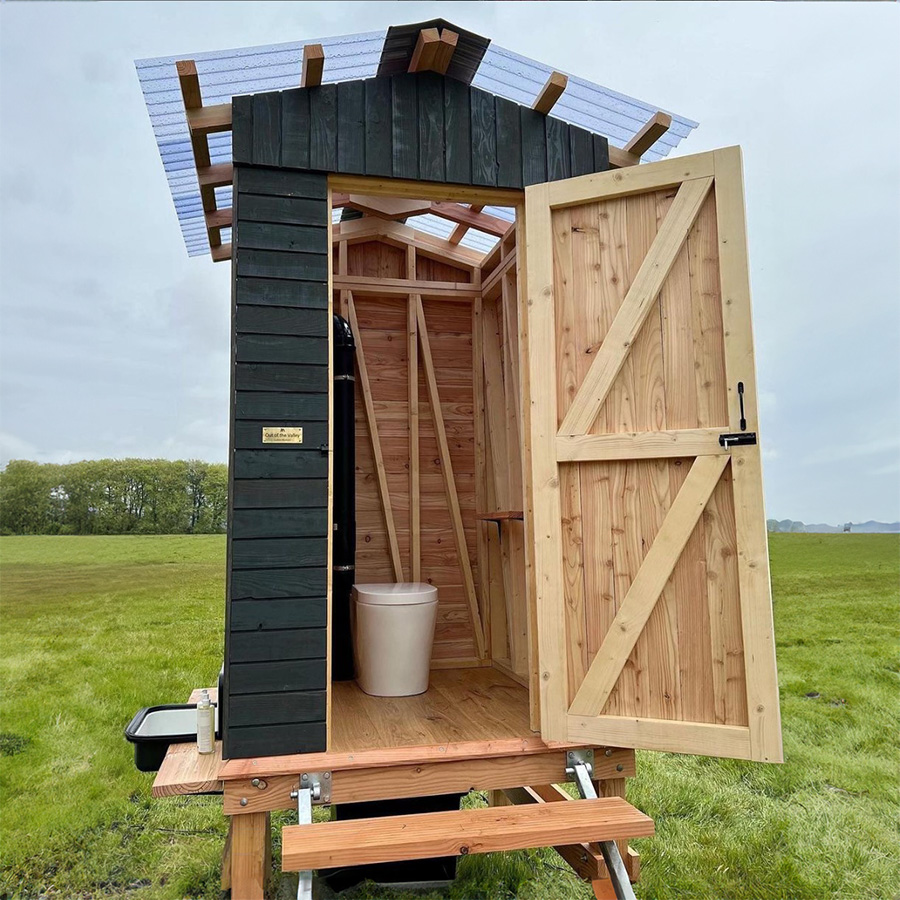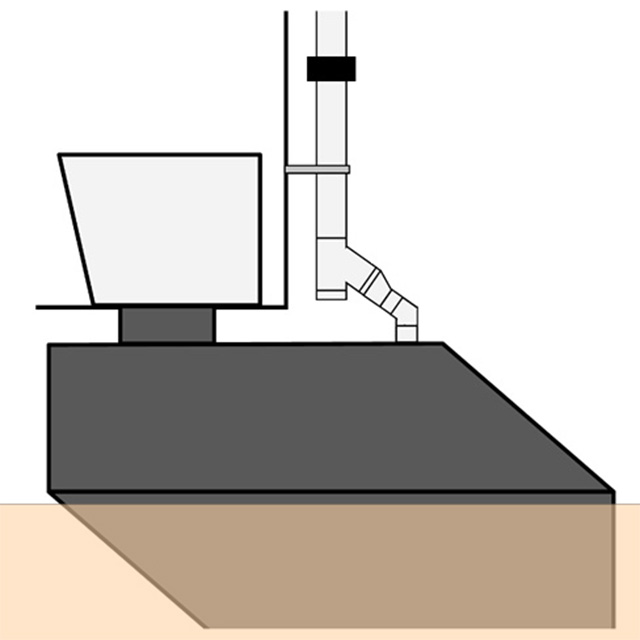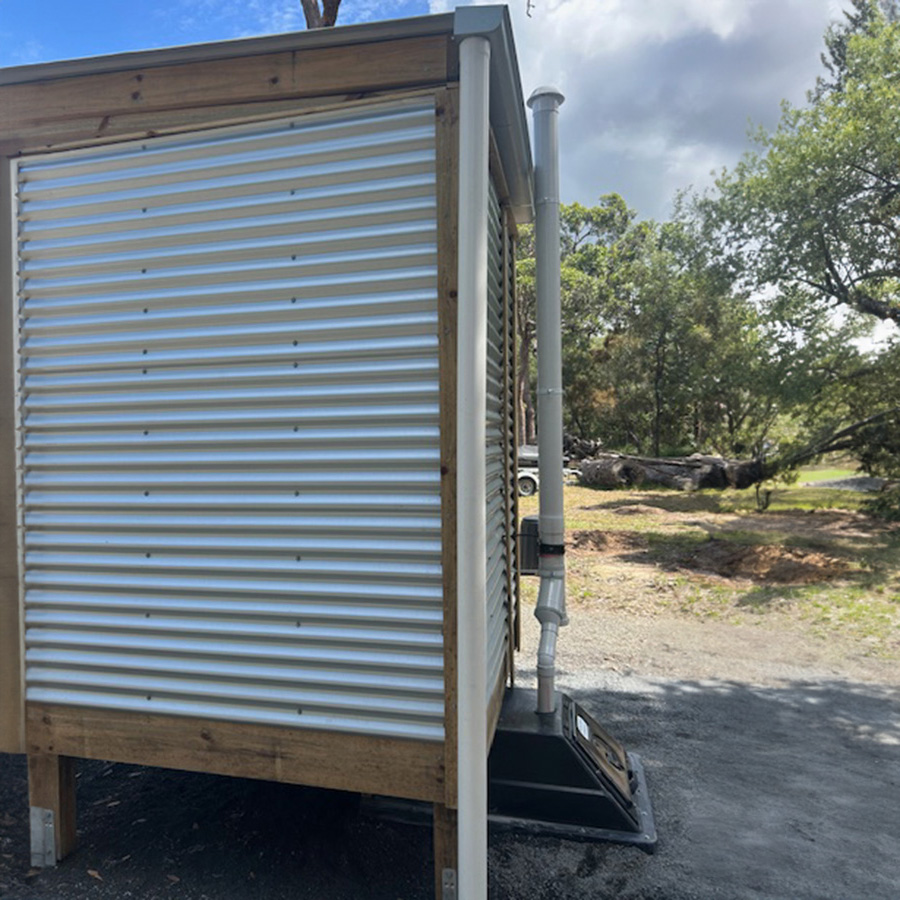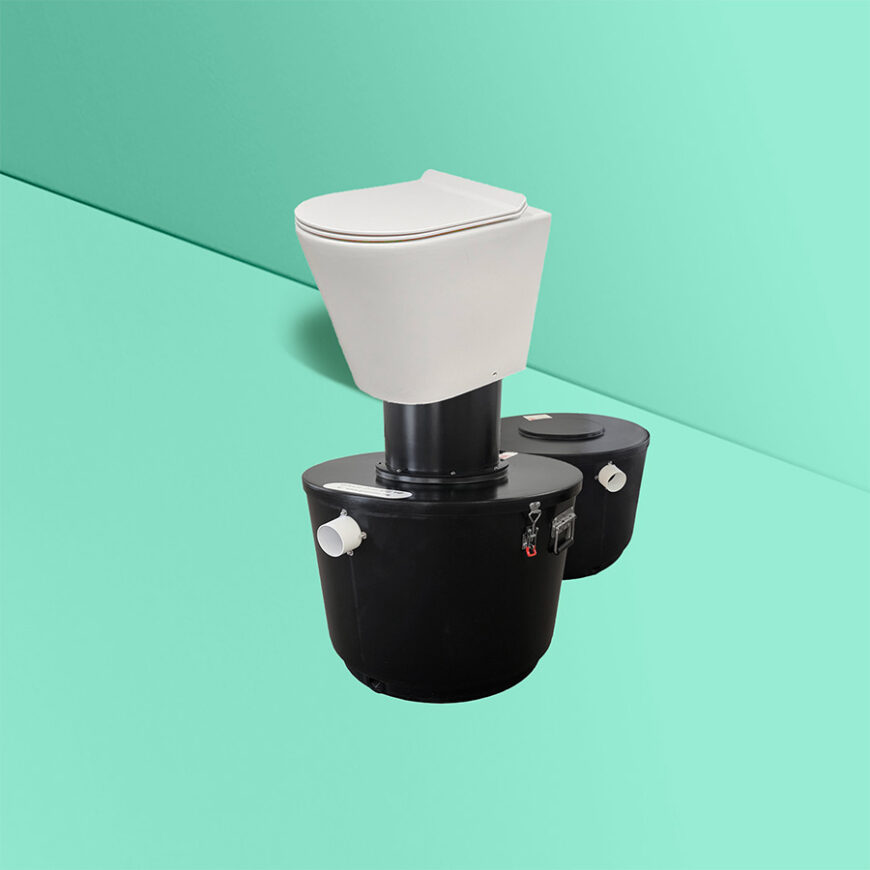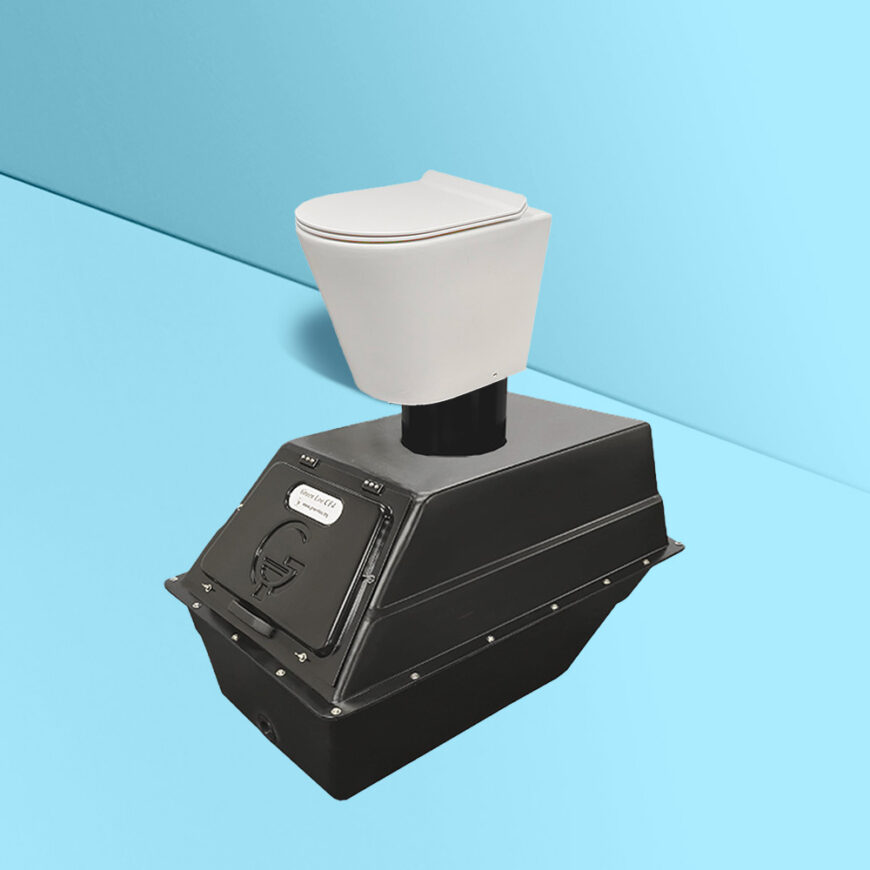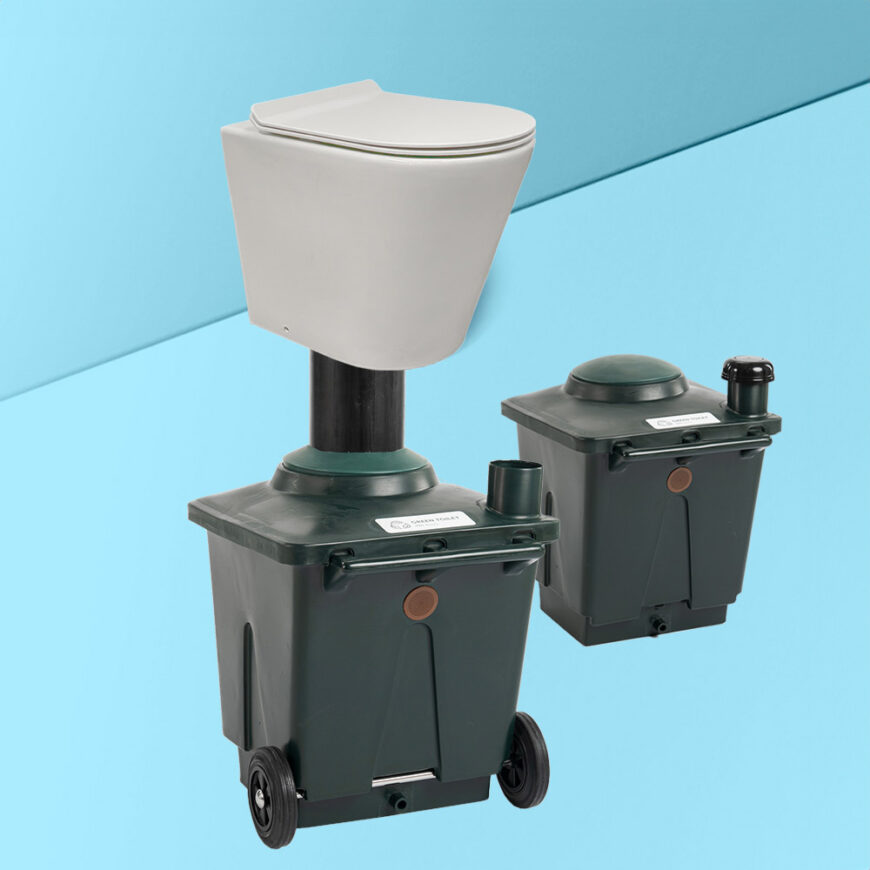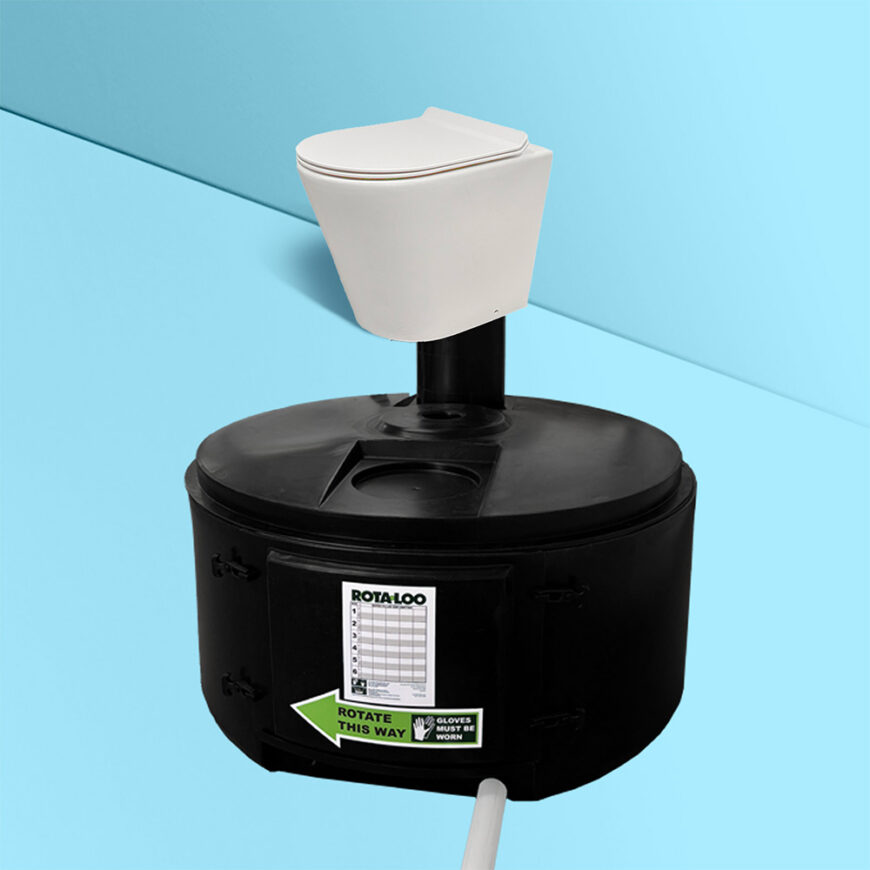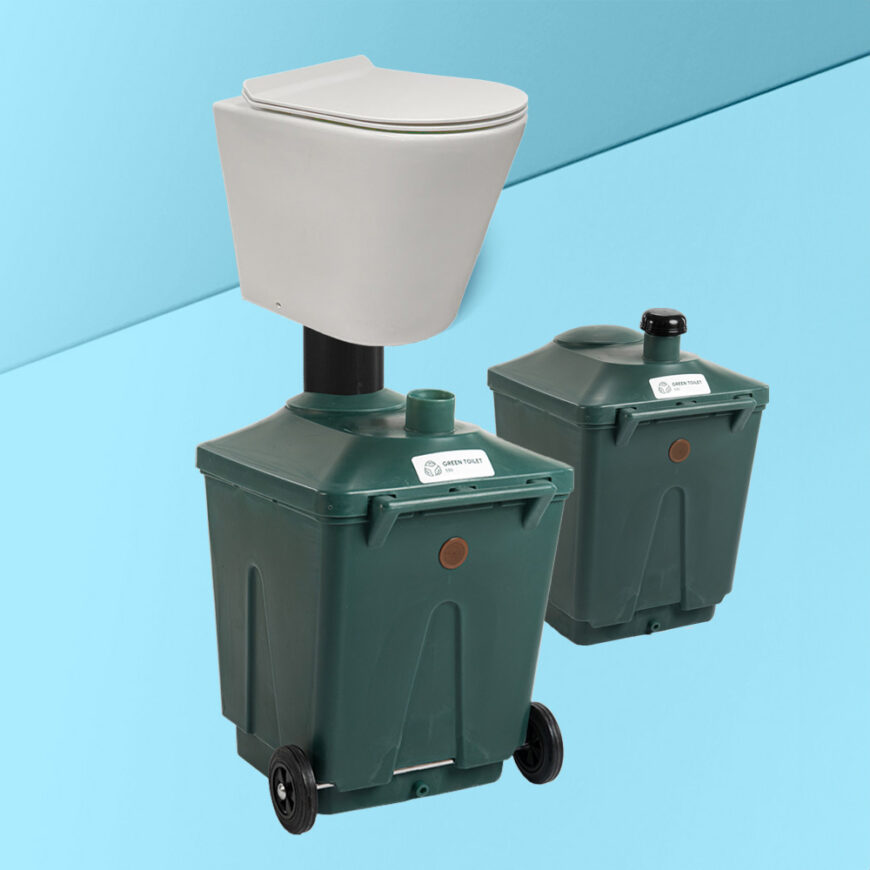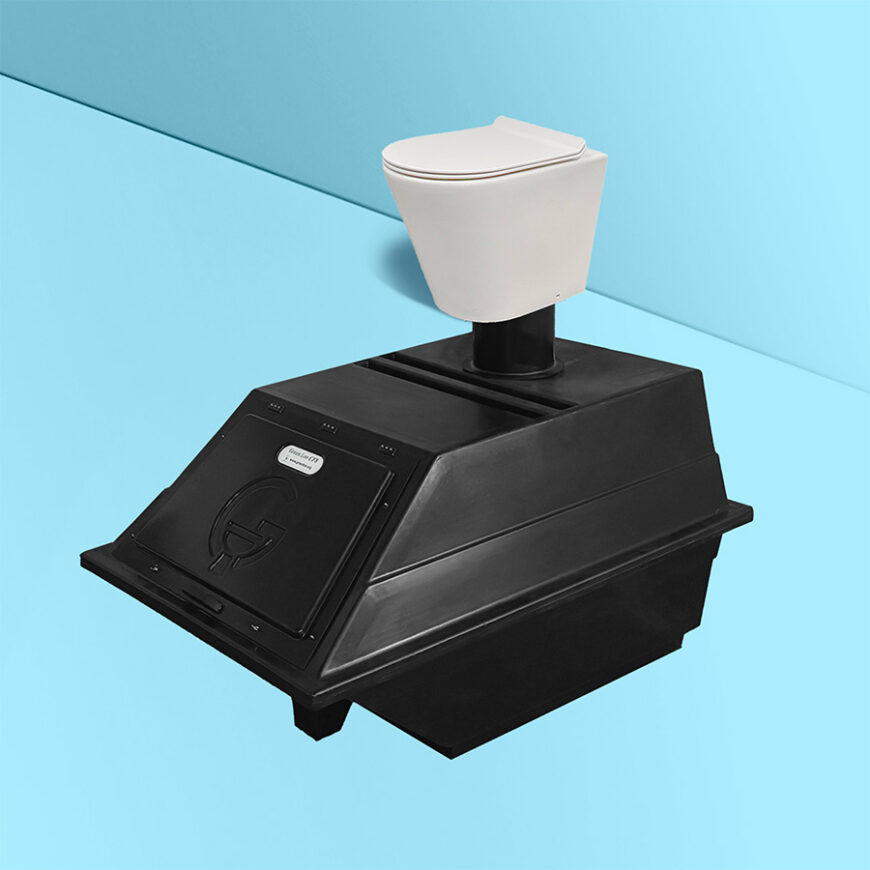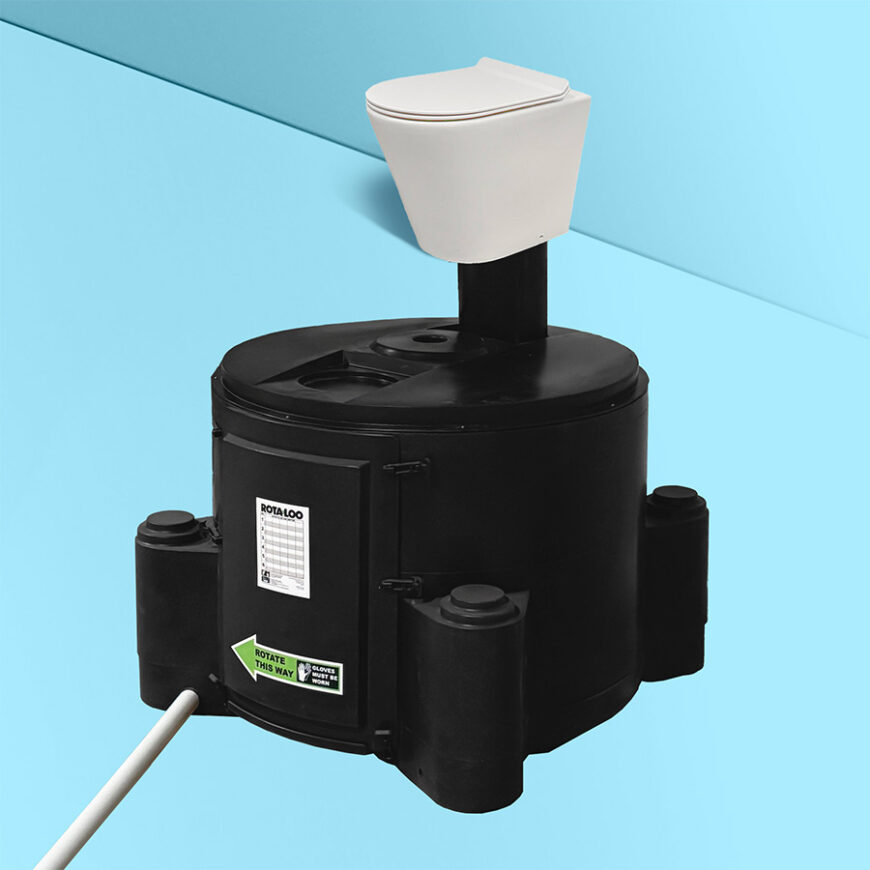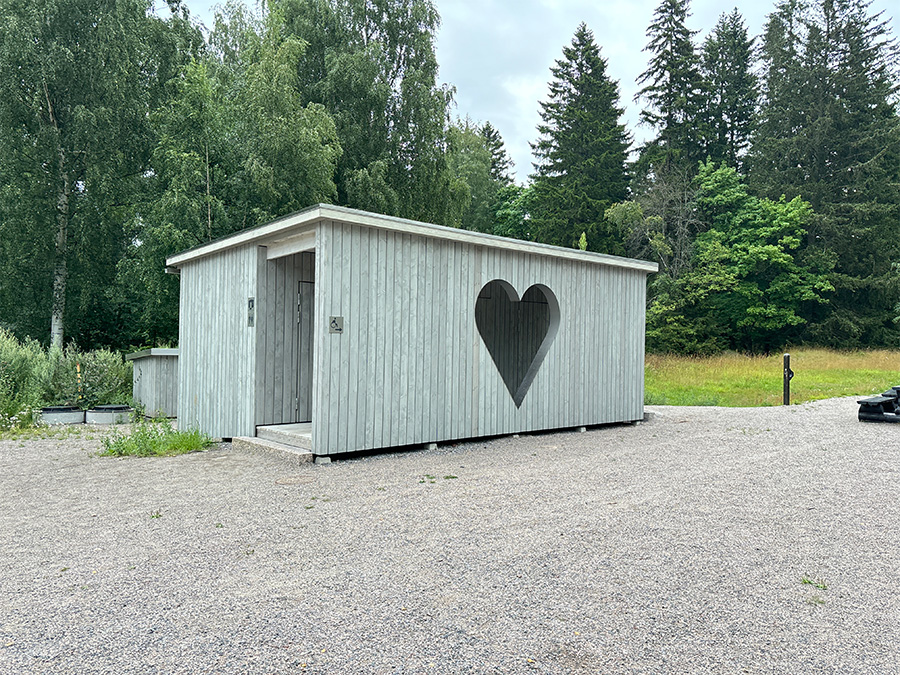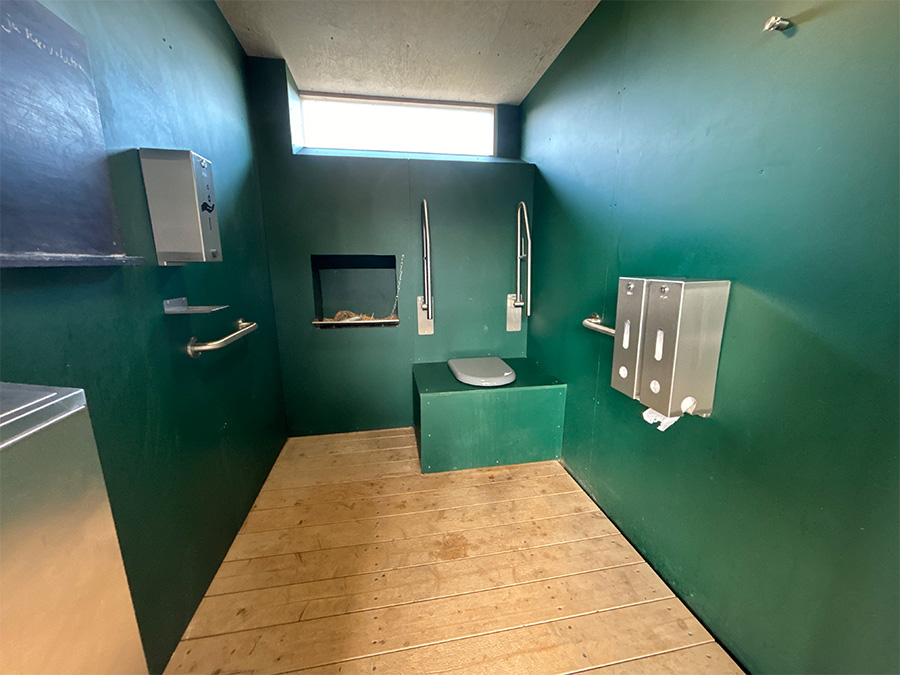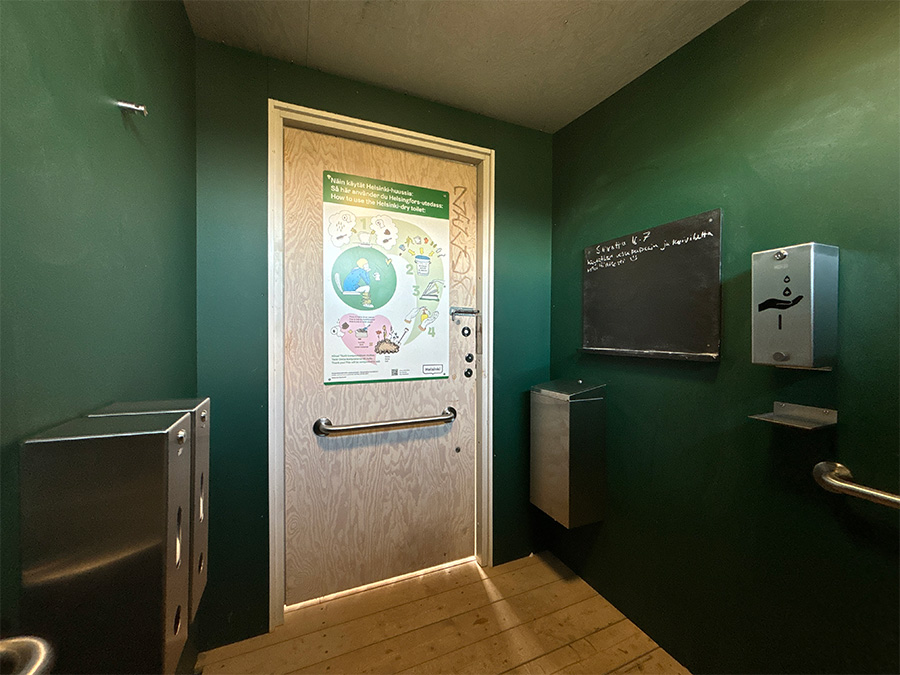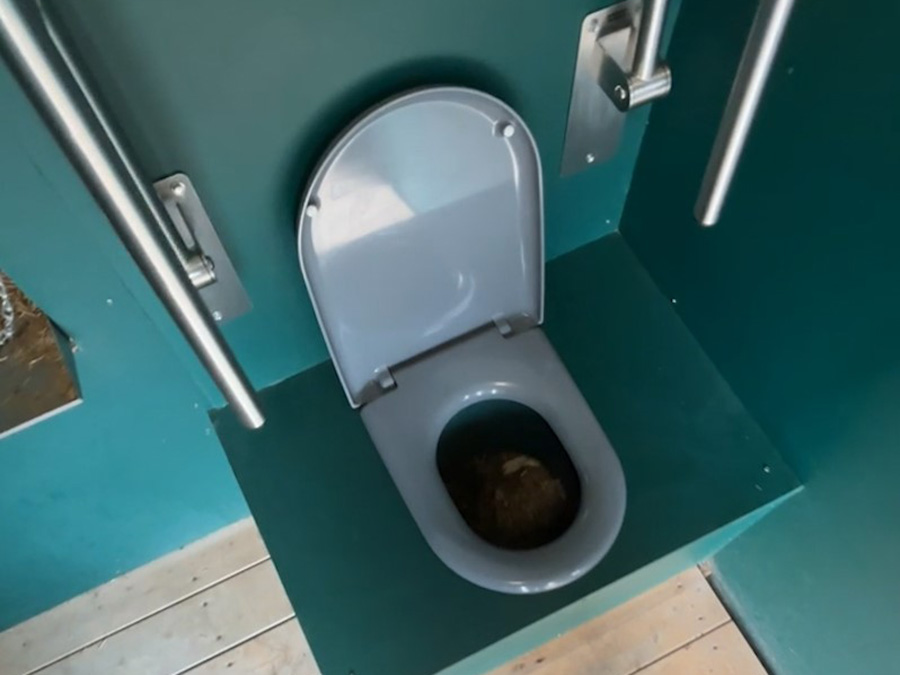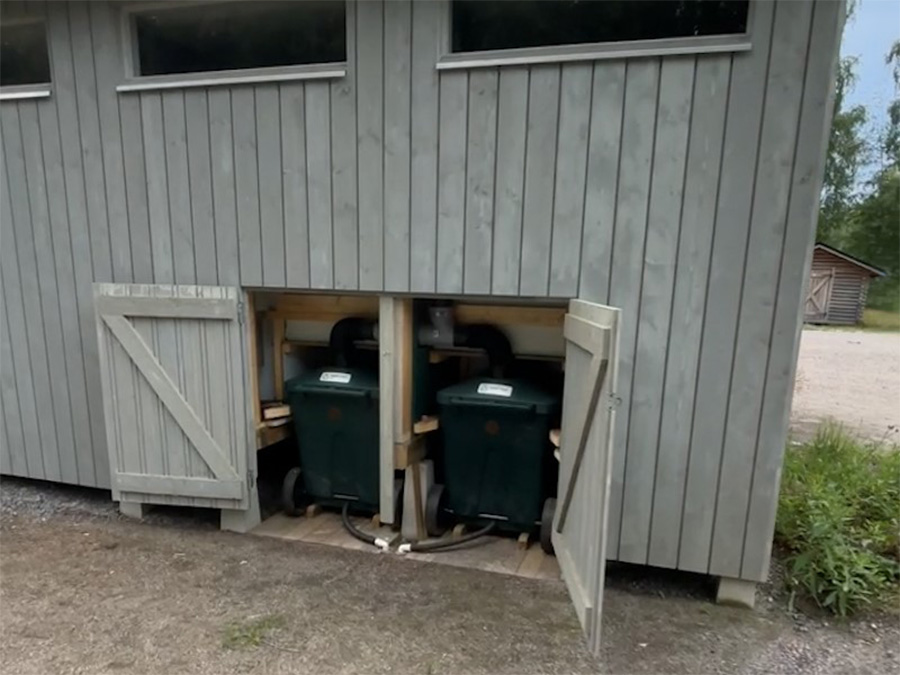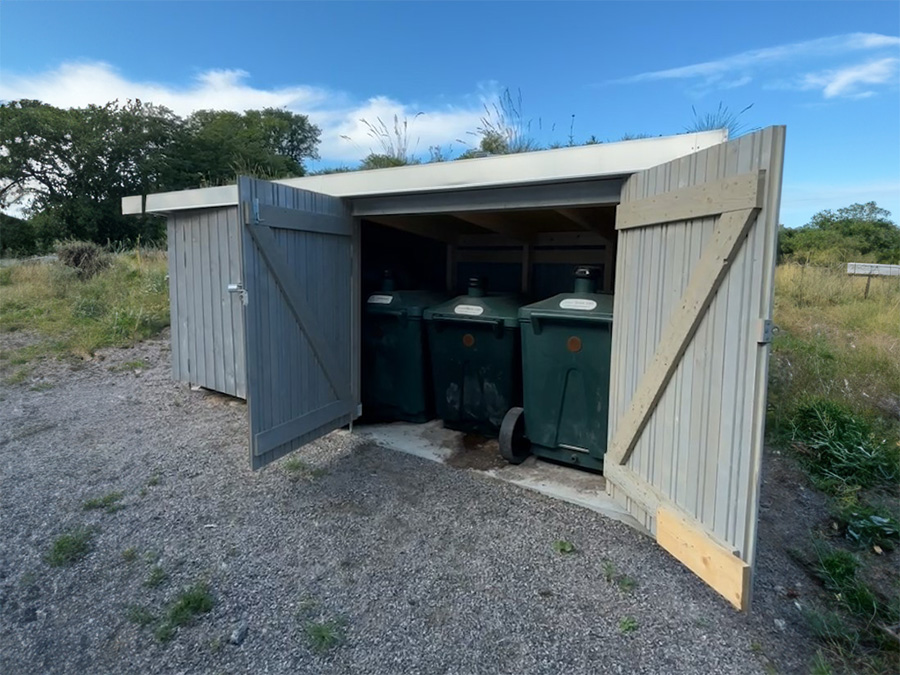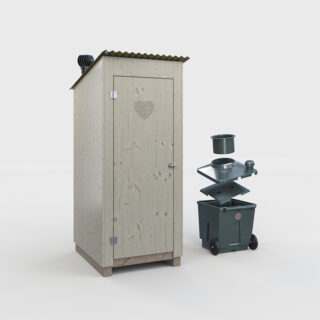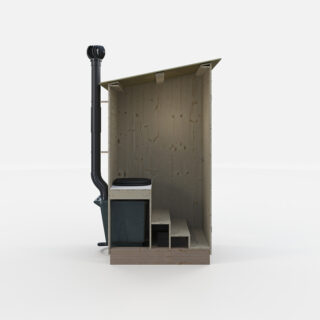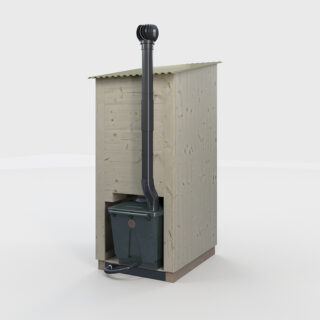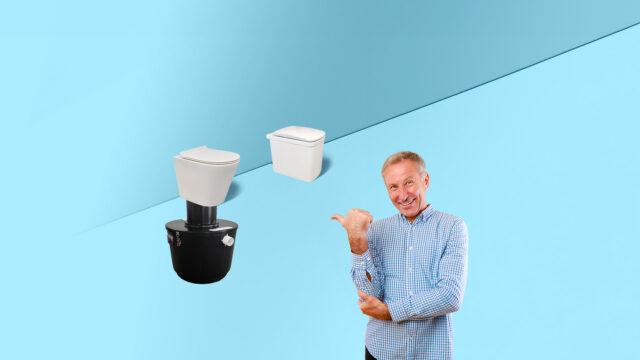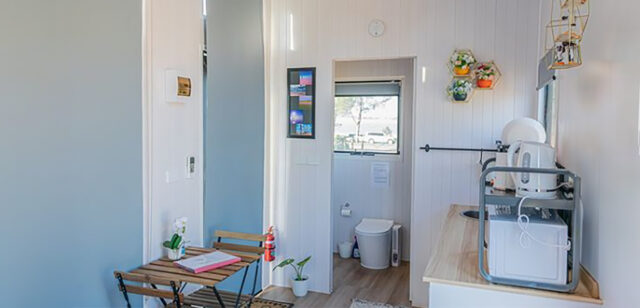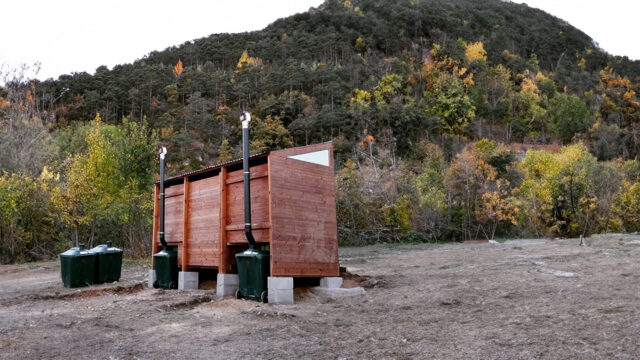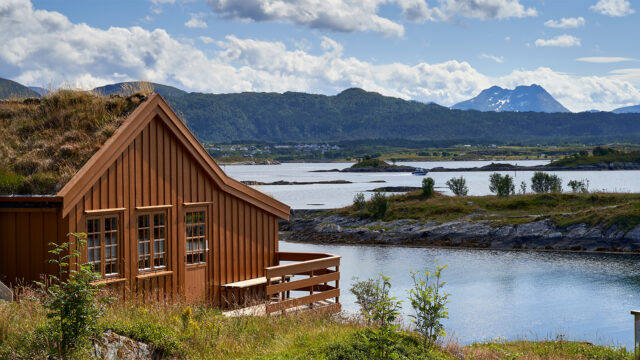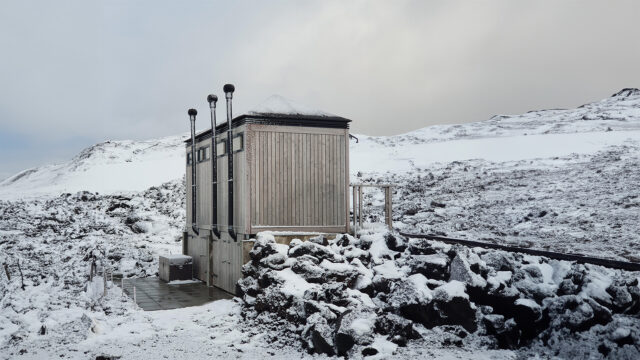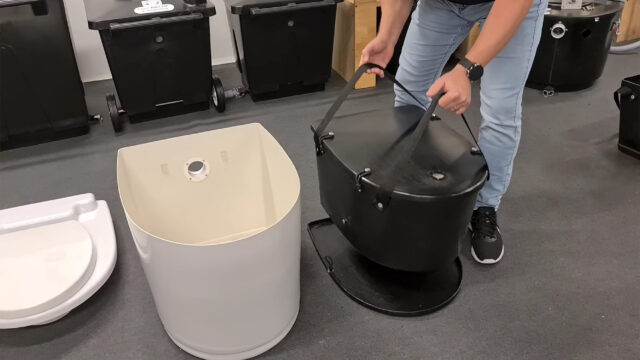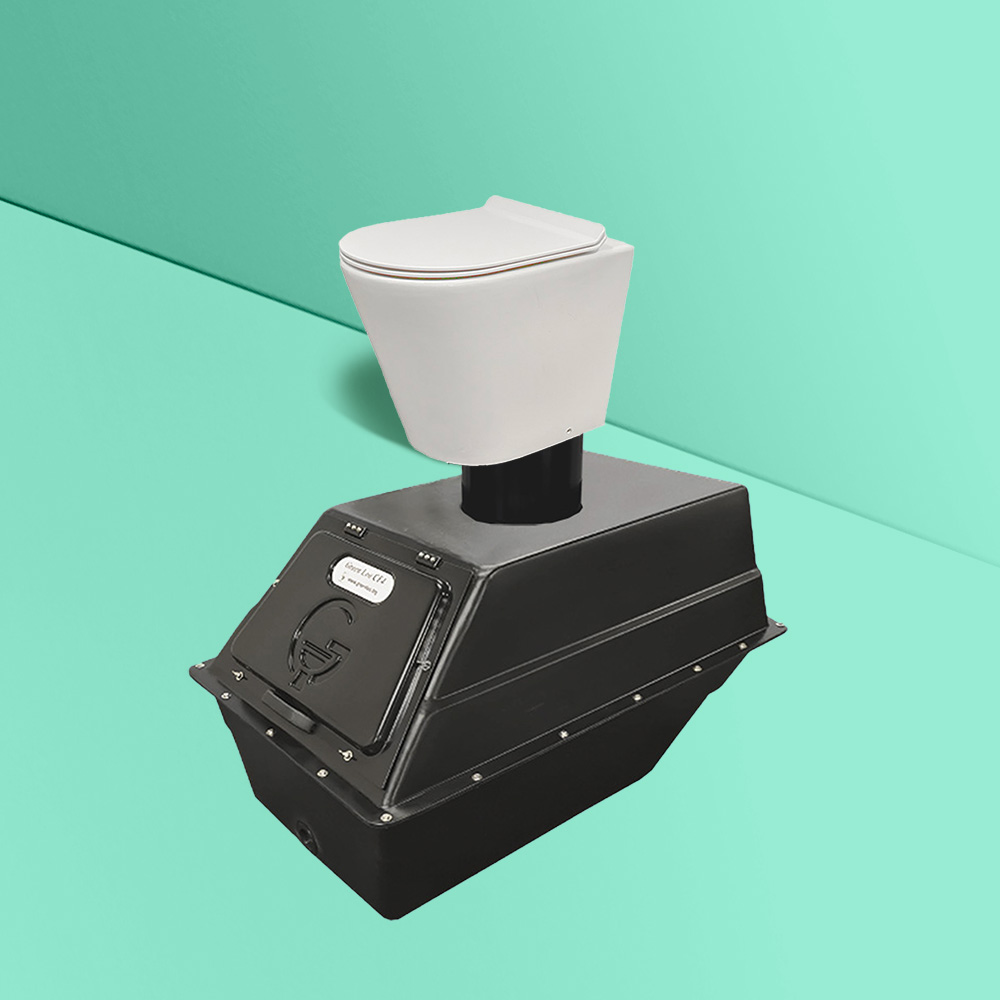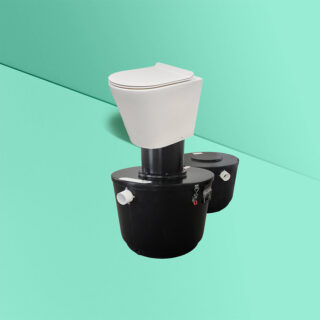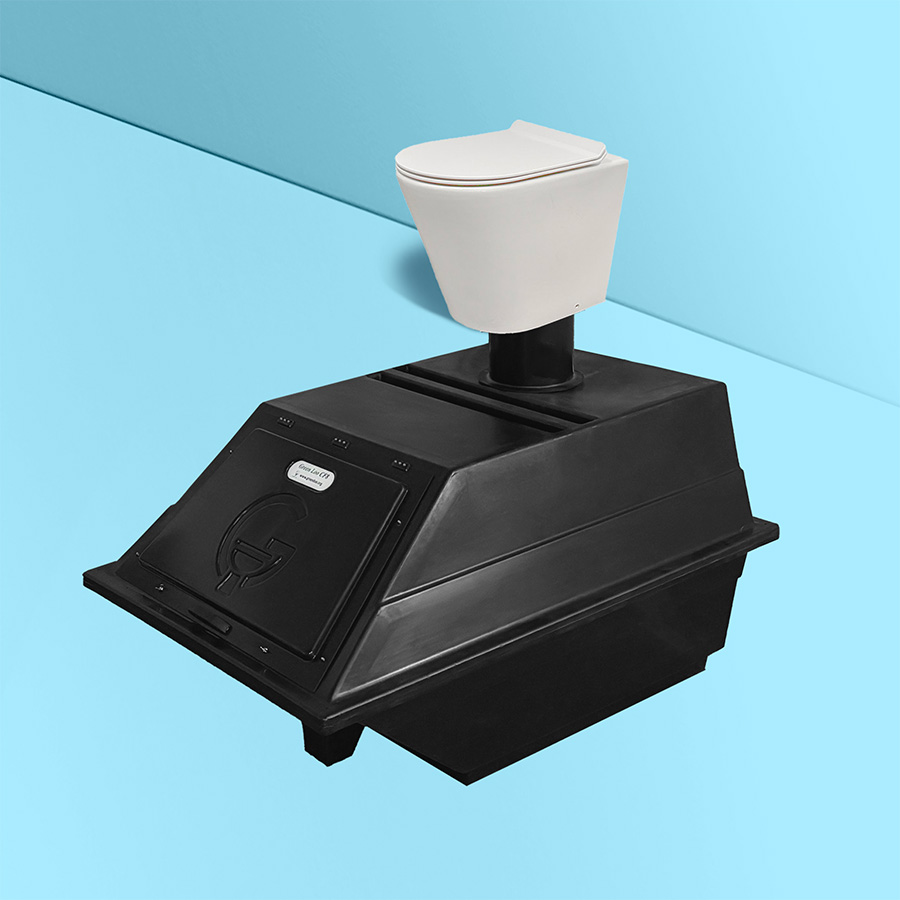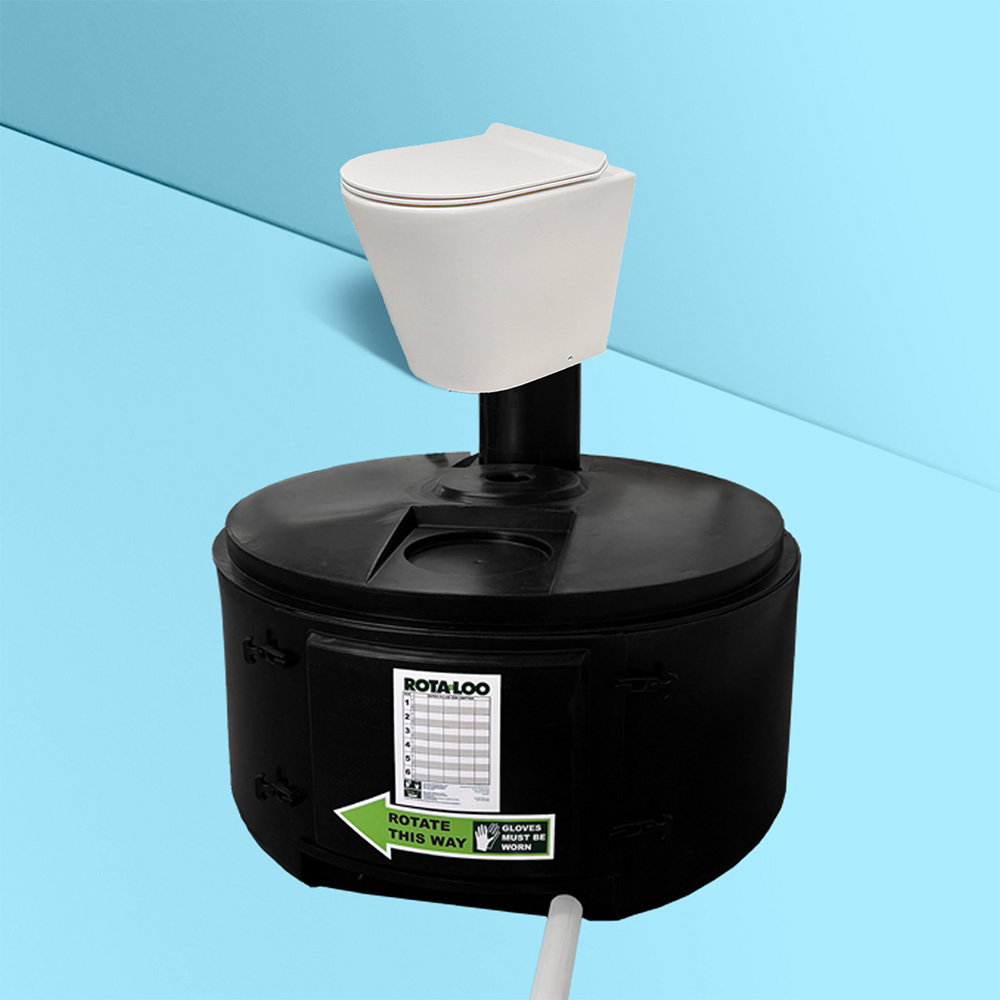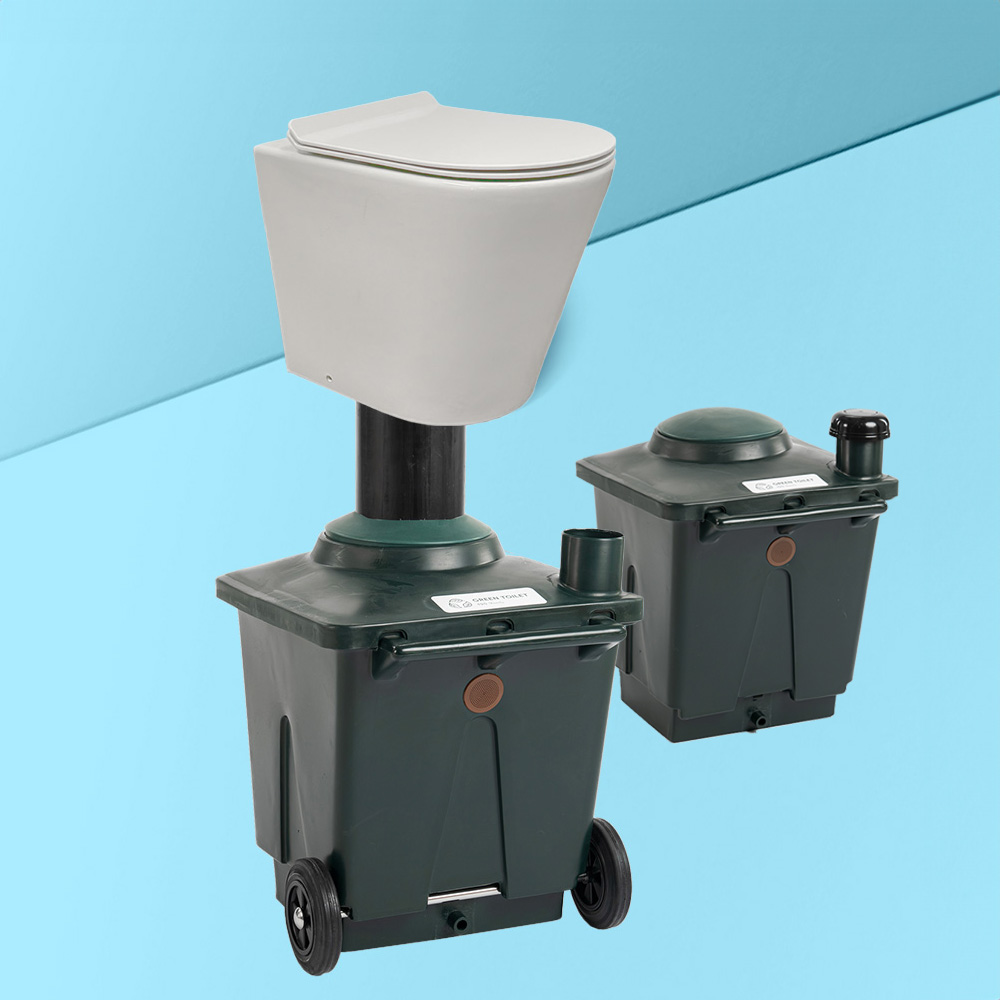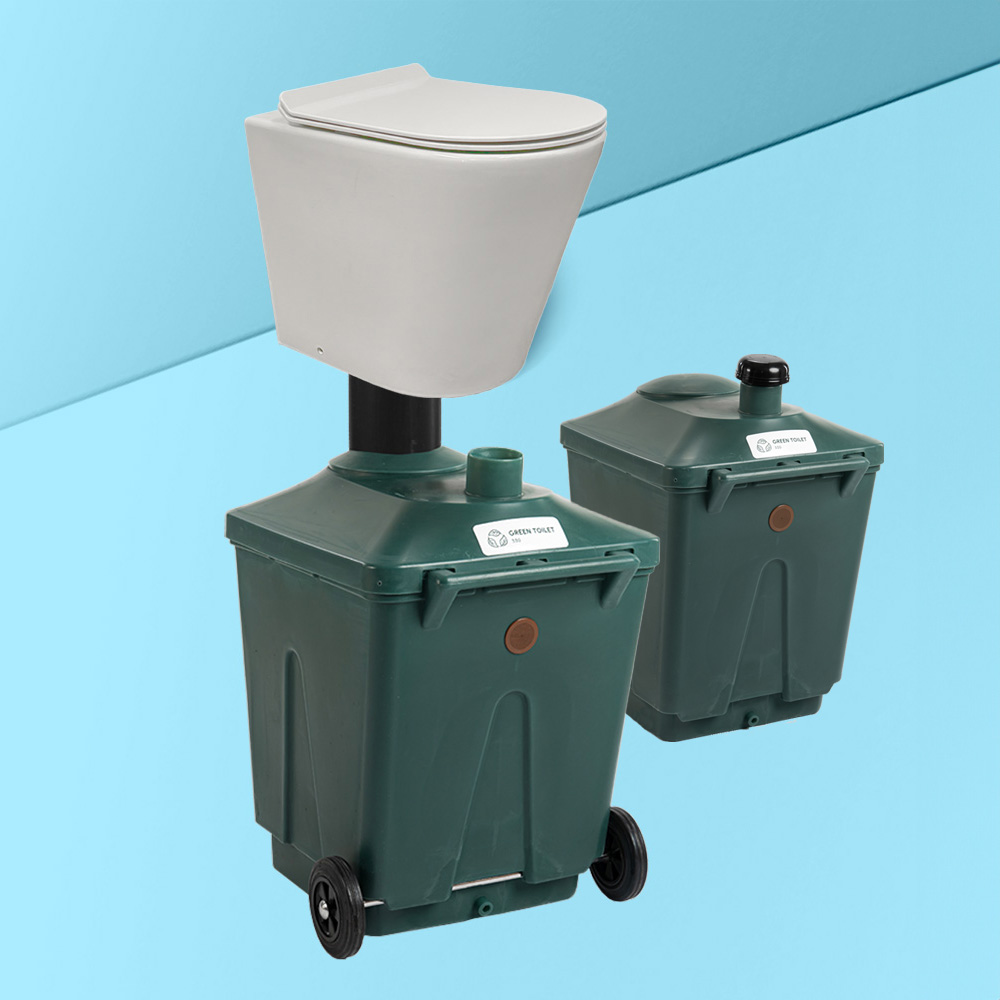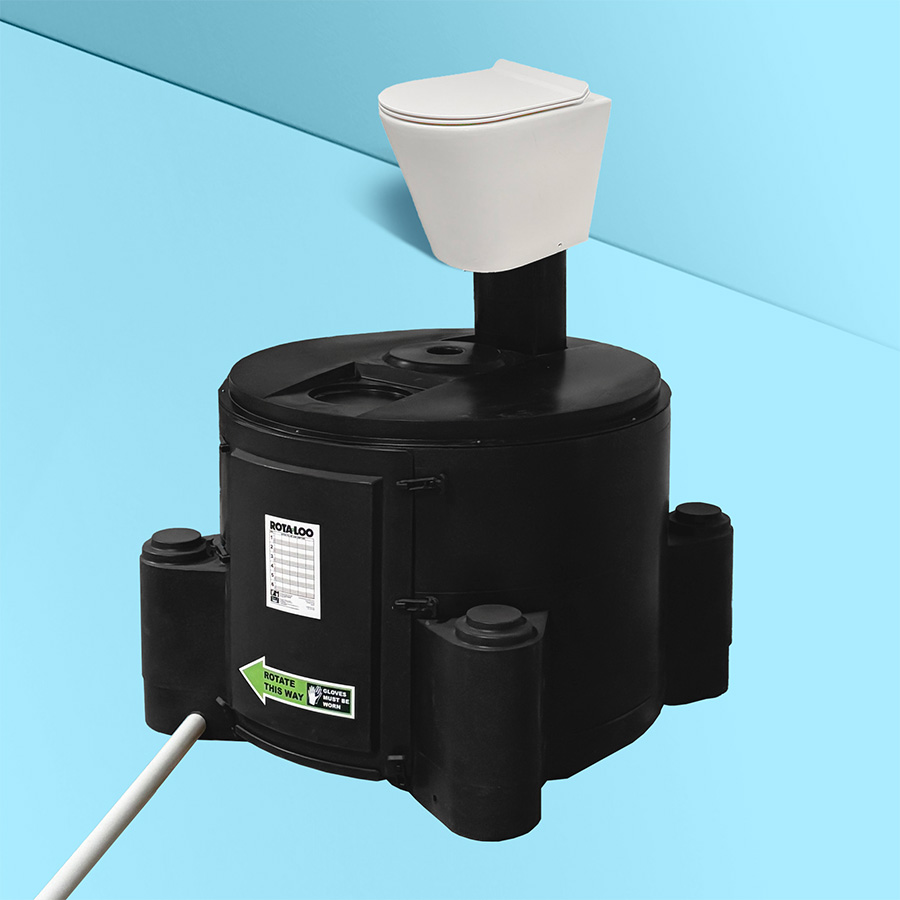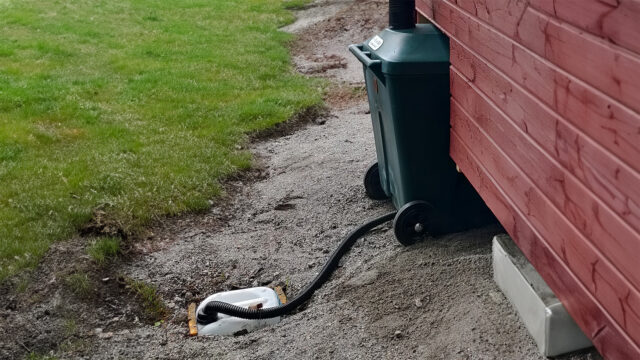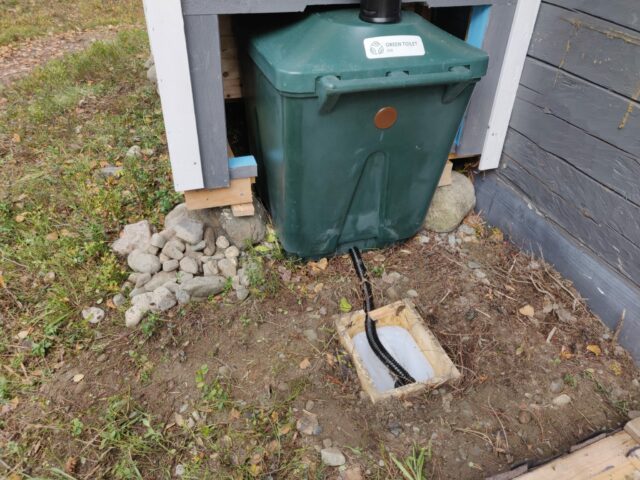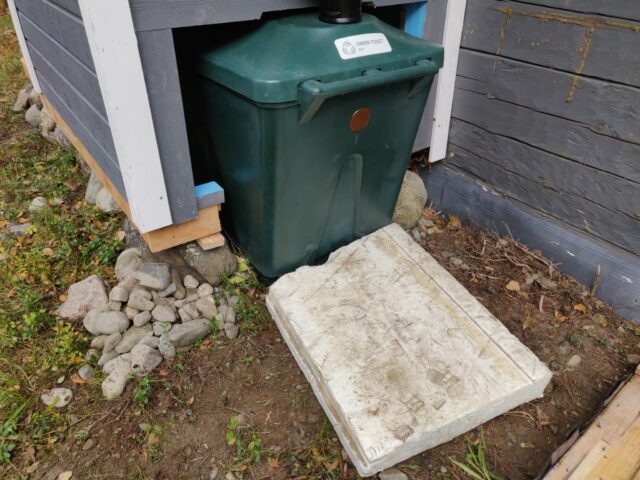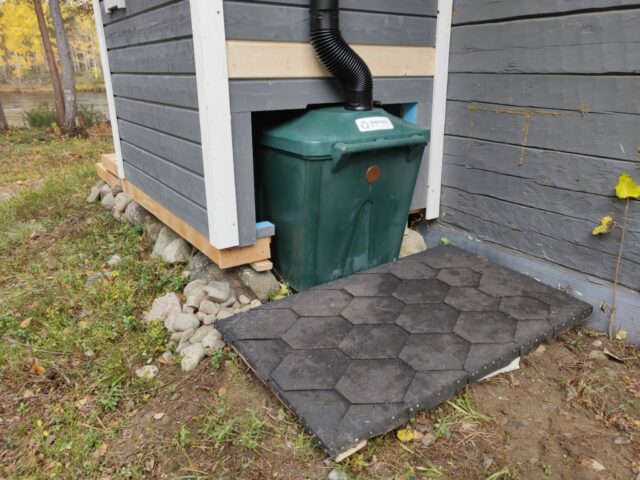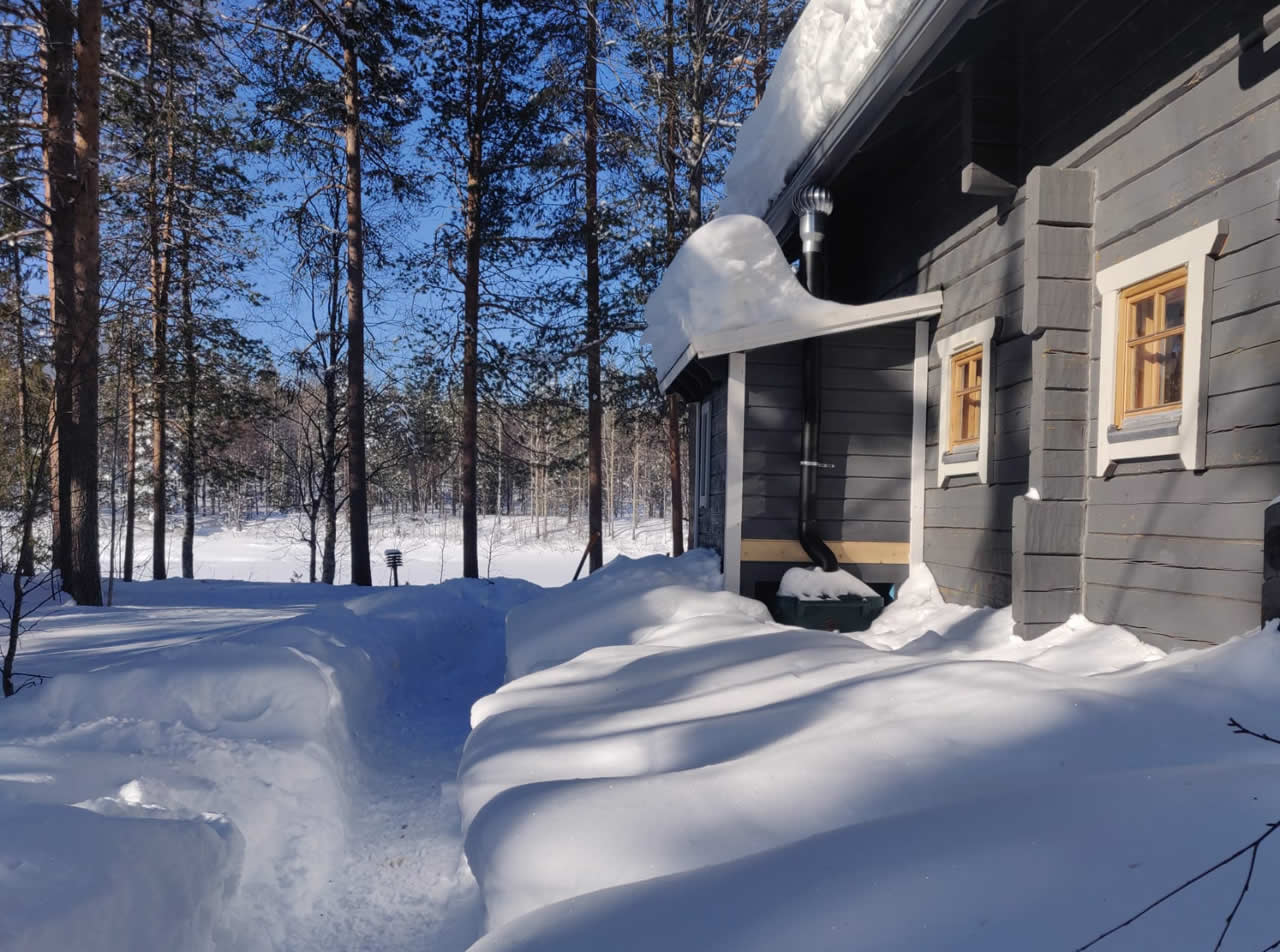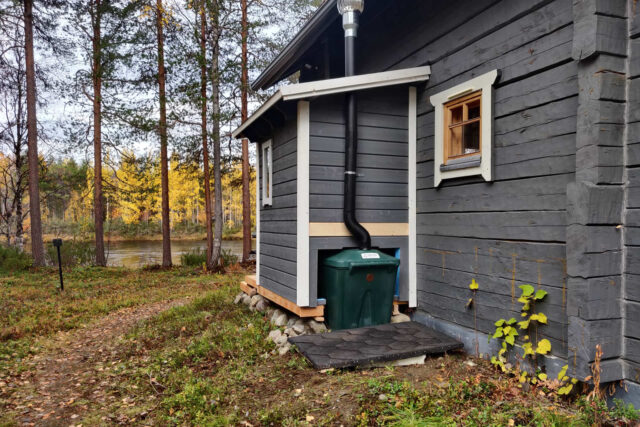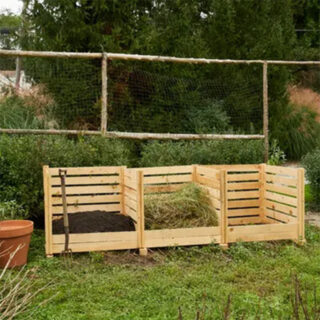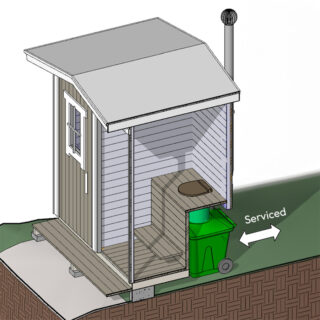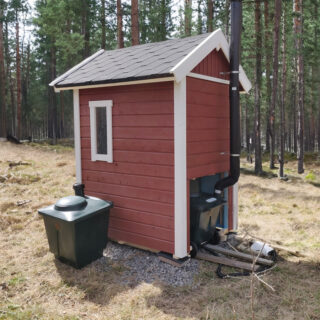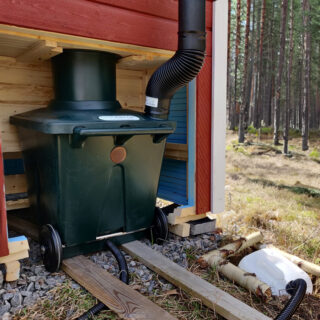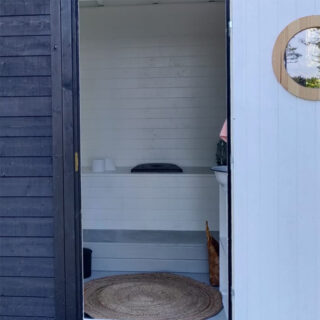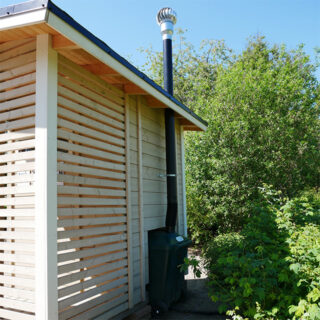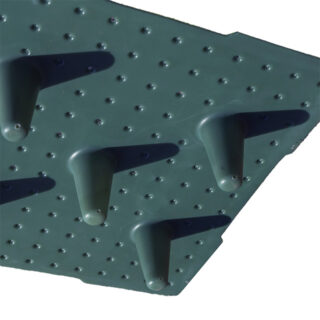Outhouse Composting Toilets: Five Examples (With Pictures)
Outhouse composting toilets offer a practical and eco-friendly solution in locations without conventional plumbing. This article explores five distinct types of outhouse composting toilets, each designed to meet different needs and environments. From traditional setups with bench-type seats to luxurious split-system models, we detail how these systems have evolved to provide advanced waste management solutions. We also discuss the benefits of flat-floor models, the efficiency of large-capacity units for public use, and guidelines for constructing your own DIY outhouse. Accompanied by vivid examples and practical insights, this guide aims to inform and inspire those considering to have their own outhouse.
Traditional Outhouses serviced at the back
Traditional outhouses are easily recognized by their bench-type seats and serviced from them back. In the past, these outhouses typically used a dug hole or a large bucket positioned beneath the bench to collect waste.
Today, modern updates to these traditional outhouses include the installation and service of composting toilet systems from the backside of the outhouse. These systems are designed to separate liquid waste from solid waste, effectively eliminating smells.
One of the upside of having the service at the back is that the inside of the outhouse stays clean during and after service.
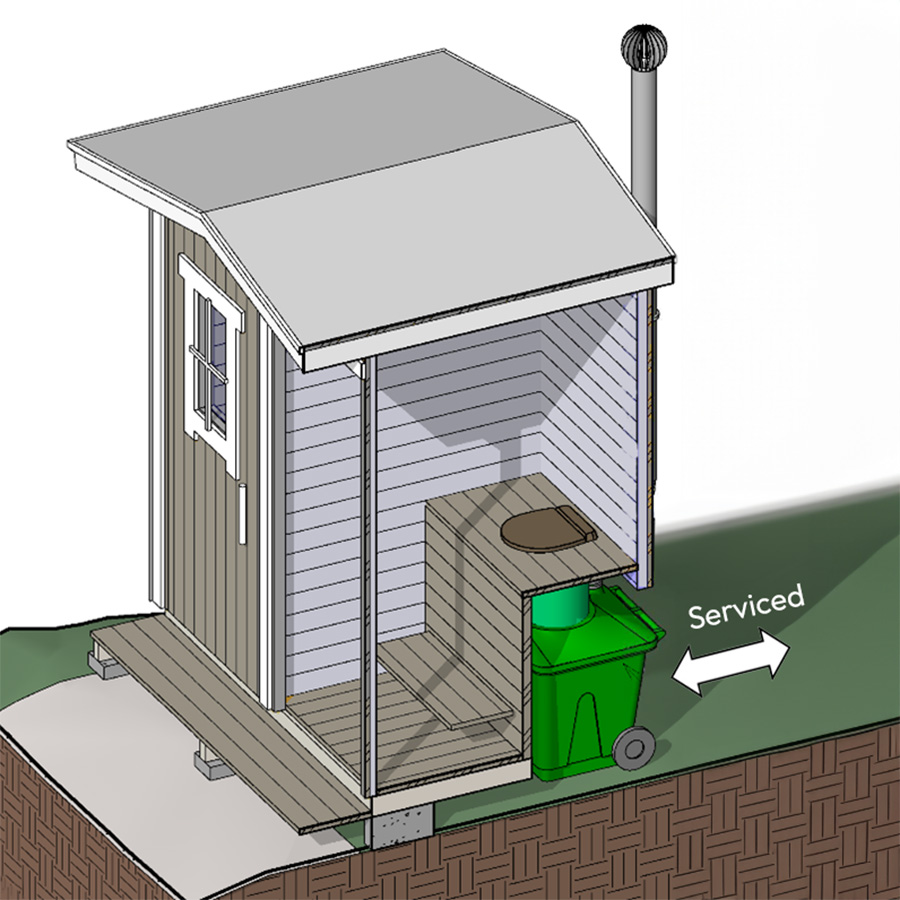
An important aspect of modern composting toilets is in the maintenance of these systems. Unlike the old buckets and potholes where servicing required handling of raw sewage, the new composting toilets are designed so that you do not have to empty the outhouse before the waste has been fully composted. Hence, the outhouse is much more pleasant to maintain and therefore usually also to use.
Flat-floor Outhouse with Composting Toilet
In the recent years, we have seen growing numbers of new commercial self-contained waterless toilets enter the market. These toilets integrate a seat on top of the toilet unit itself, eliminating the need for the bench-type seat. Consequently it is more and more common to see new outhouses being built with flat inside floor.
Self-contained waterless toilets are serviced through the front door of the outhouse. Therefore the upside for many is that there is no need to craft the bench-type seat into the outhouse and make the back entry for the composting system.
⚠ It is important to note that we deliberately use the term waterless toilet in this context because not all waterless toilets (i.e. toilets that do not flush the waste with water) are true composting toilets. There are a lot of self-contained small waterless toilets on the market that merely separate and collect the waste inside the toilet unit, but the waste management itself is intended to be done elsewhere by other means (most often by composting the waste outdoors in a larger toilet waste composter). For more information about waterless toilets vs. true composting toilets, please read Truth About Composting Toilets: Not All Waterless Options Complete the Cycle.
Luxurious Split-system Outhouse
Probably the finest of all outhouses are the ones with split-system composting toilets. These outhouses are built to have two levels with an external composting unit in the lower level and a separate toilet pedestal on top level.
Building the outhouse on two levels brings several advantages. One of them is the toilet pedestal inside the outhouse. This pedestal is almost like a regular flush toilet. Hence the use of the toilet is familiar to everyone – no one feels scared to use it (consider public use). In addition, the pedestal, made of porcelain or plastic, looks like a normal toilet making it suitable for practically any interior. Furthermore, the pedestal is robust so nobody can break the toilet just by using it without any instructions.
Another important advantage the split-systems have is the large capacity for continuous year-around use and/or large number users. There are different type of split-system composting toilets, but generally they all have much greater capacity compared to self-contained waterless toilets discussed in the previous chapter. The larger capacity facilitates longer service intervals. In other words, you need to service the toilet less often when the composting unit is larger.
Public Use Outhouse
Public parks, conservation areas, golf courses, and other off the grid visitor locations are all potential sites for public use outhouses. Outhouses in public use generally have large composting toilet systems supporting hundreds of daily toilet users. Such composting toilet systems are often either batch composting toilet or larger continuous composting toilets.
Case: Helsinki Outhouses, Finland
A great example of public use outhouses is the Helsinki Outhouses in Finland. These architecturally aesthetic outhouses have the traditional bench-type seats inside the outhouse. The Helsinki Outhouses are operated with Green Toilet 330 composting toilets. What is amazing about Helsinki Outhouses is that they are completely odorless!
The Helsinki Outhouses have about 2,000-4,000 toilet users per month throughout the year. The outhouses have multiple Green Toilet 330 composting toilet containers that are switched every 4-6 weeks after they fill up. Full composting containers are set aside for further composting process to take place, while ready composted empty containers are switch into use.
DIY Outhouse
Outhouses come in various sizes and use cases. Many people choose to make their own DIY outhouse from local materials.
When planning a DIY outhouse, it is important to:
- Make proper foundations for the outhouse,
- Equip the outhouse with the right waterless toilet for your individual needs,
- Ensure that the ventilation from the chosen waterless toilet works well,
- Decorate the outhouse welcoming (consider lights for example to avoid darkness inside)
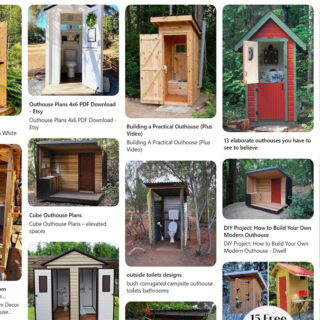
If you would like to build your own Do-It-Yourself Outhouse
.. Download our free DIY outhouse plans from the link below.
👉🏼 Download Free Outhouse Plans Here!
Looking for a New Prefab Outhouse?
We might have just the right outhouse package for you.
Have a look at our Prefabricated Outhouse package powered by Green Toilet composting toilet system and Request a Quote today!
Conclusion
As we’ve seen, the range of composting toilet systems available today allows for both customization and efficiency in waste management. These systems not only uphold environmental standards but also cater to the specific needs of various settings, from remote cabins to public parks. By choosing the appropriate model—be it a traditional, flat-floor, luxurious, public use, or DIY outhouse—you contribute to a more sustainable future while addressing the practical aspects of sanitation.
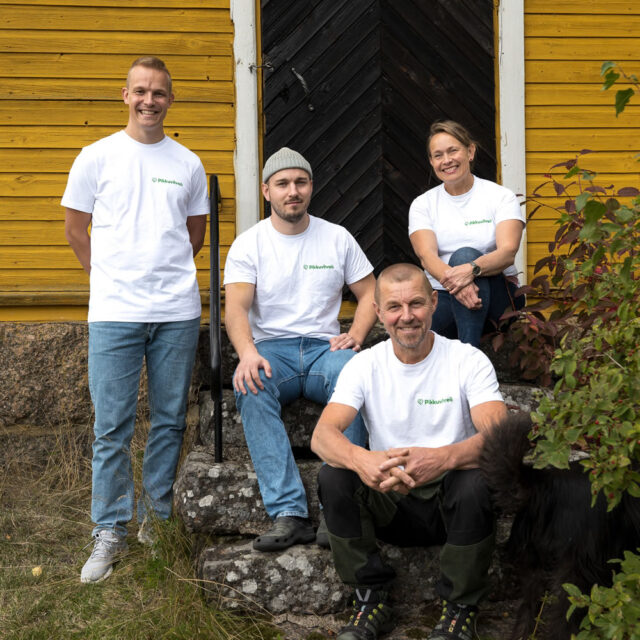
Who We Are
At Waterless Toilet Shop we are a dedicated team of dry toilet experts based in Henderson, Nevada. As a family-owned company with deep roots in Scandinavia and Australia, we bring a blend of global insights and local expertise to every product we create.
At Waterless Toilet Shop, we do more than just design and manufacture innovative composting toilets; we also use them daily. This hands-on experience allows us to continuously improve our products and ensure they meet the high standards of functionality and sustainability that our customers expect.
We are committed to living the eco-friendly principles we teach, making our solutions not just part of our business, but a part of our lives. Join us in embracing a more sustainable future, one flush at a time.
Read Our StoryAt Waterless Toilet Shop, we have over 30 years of experience in waterless sanitation. There is ton to learn about composting toilets and on-site toilet waste management.
We also have the widest unique selection of waterless toilets in the United States.
Composting Toilets
Urine-diverting Toilets
Split-system Composting Toilets
Self-contained Waterless Toilets
Batch Composting Toilets
Continuous Composting Toilets

📱(702) 328 0689
✉ info@waterlesstoiletshop.com


